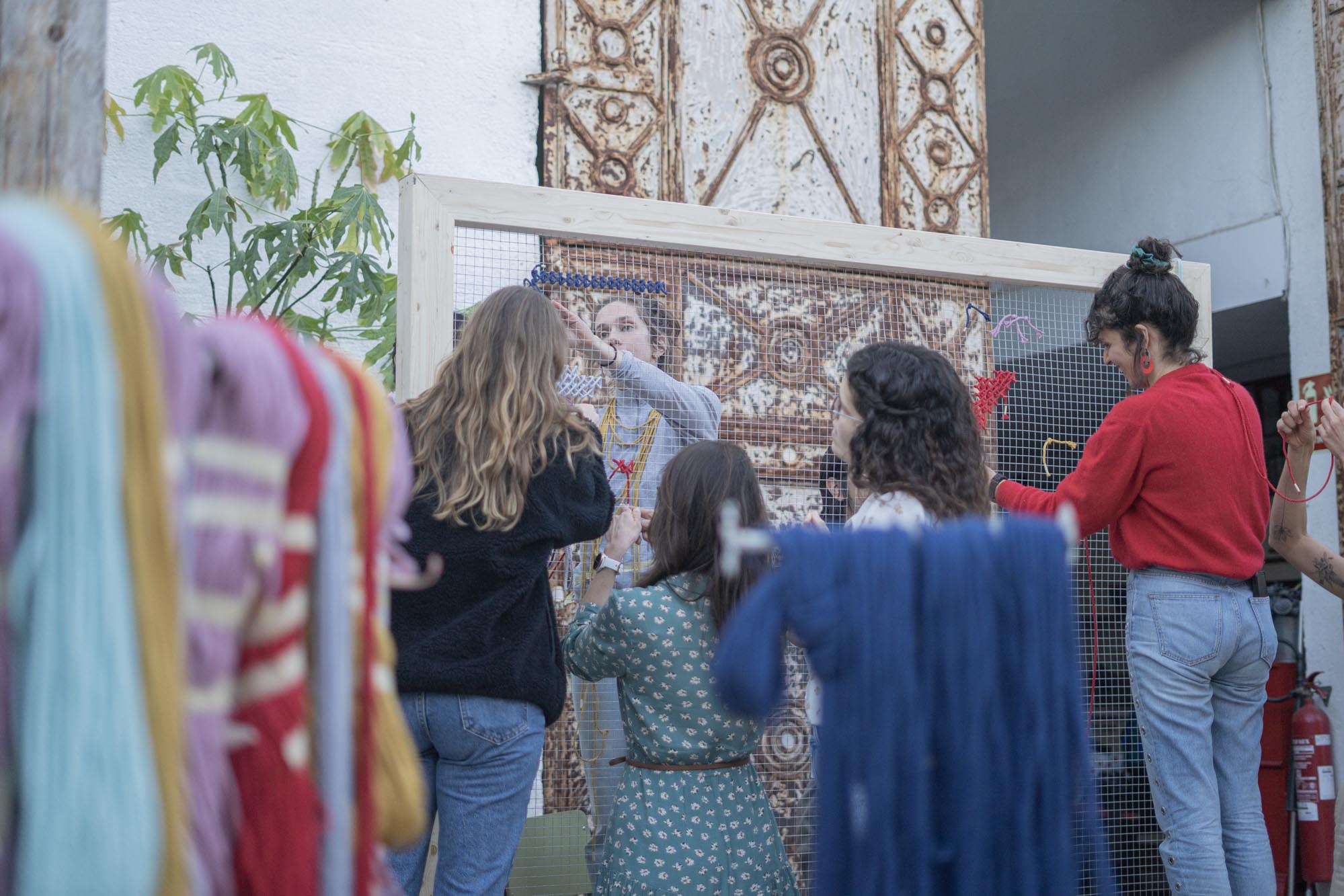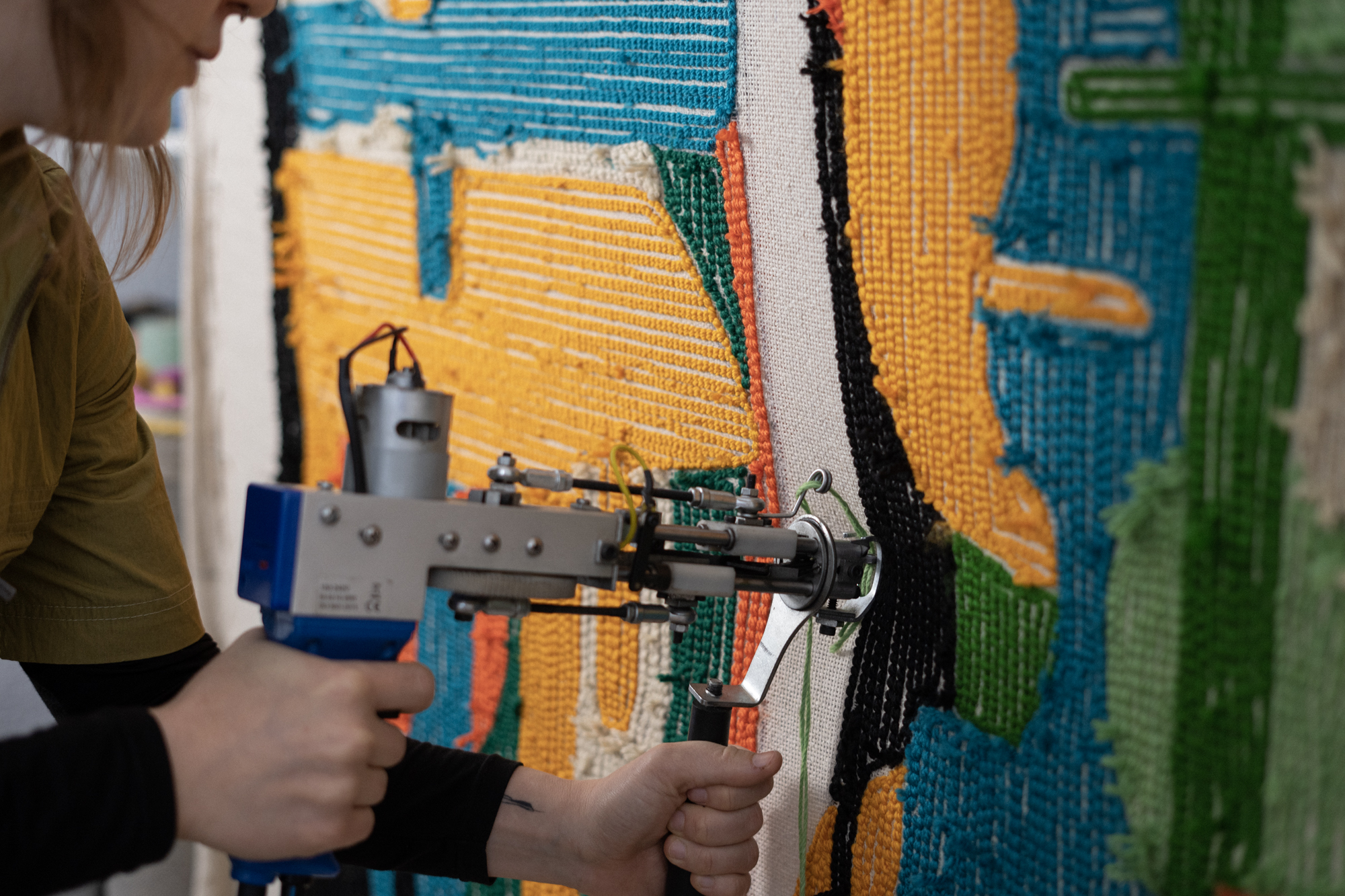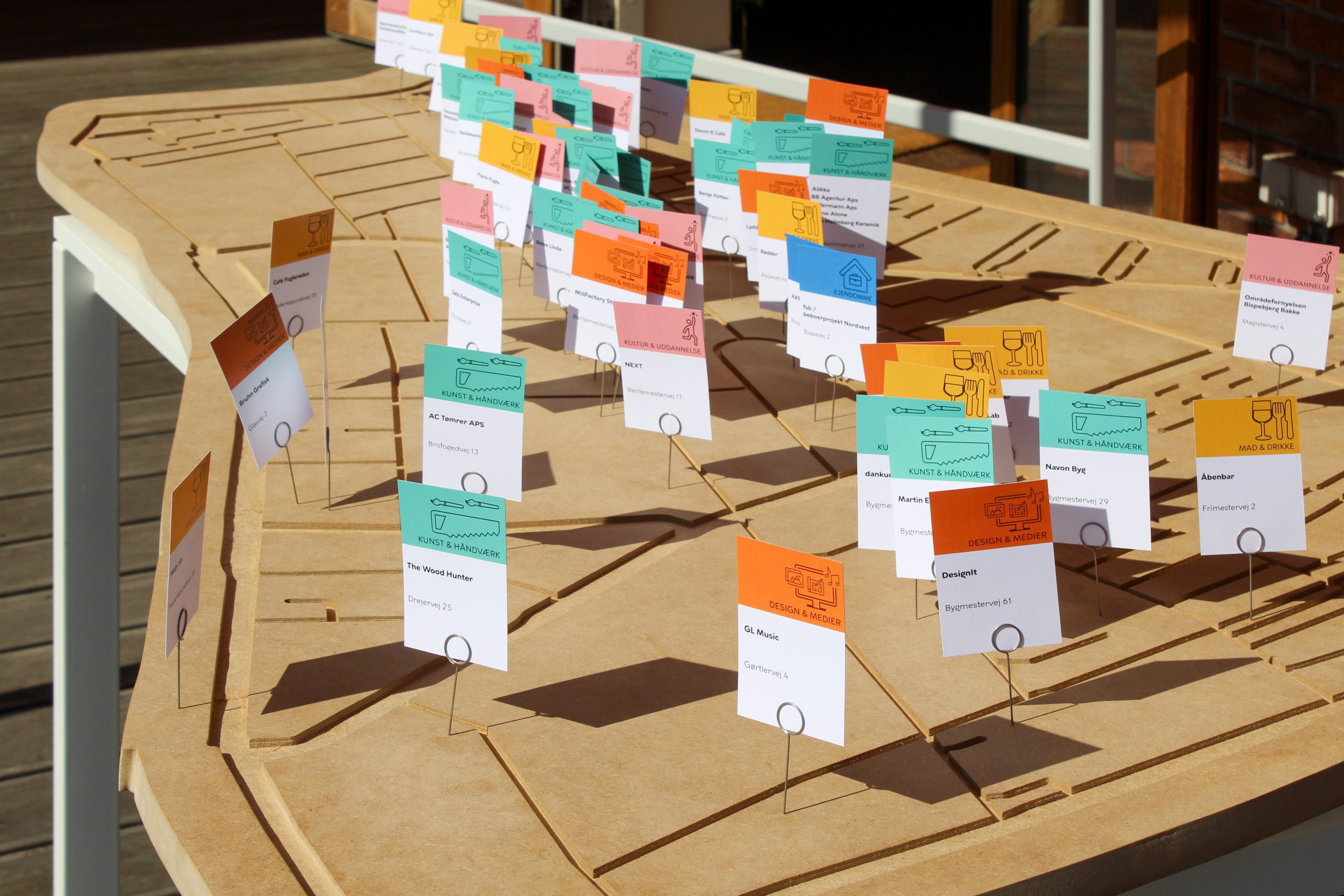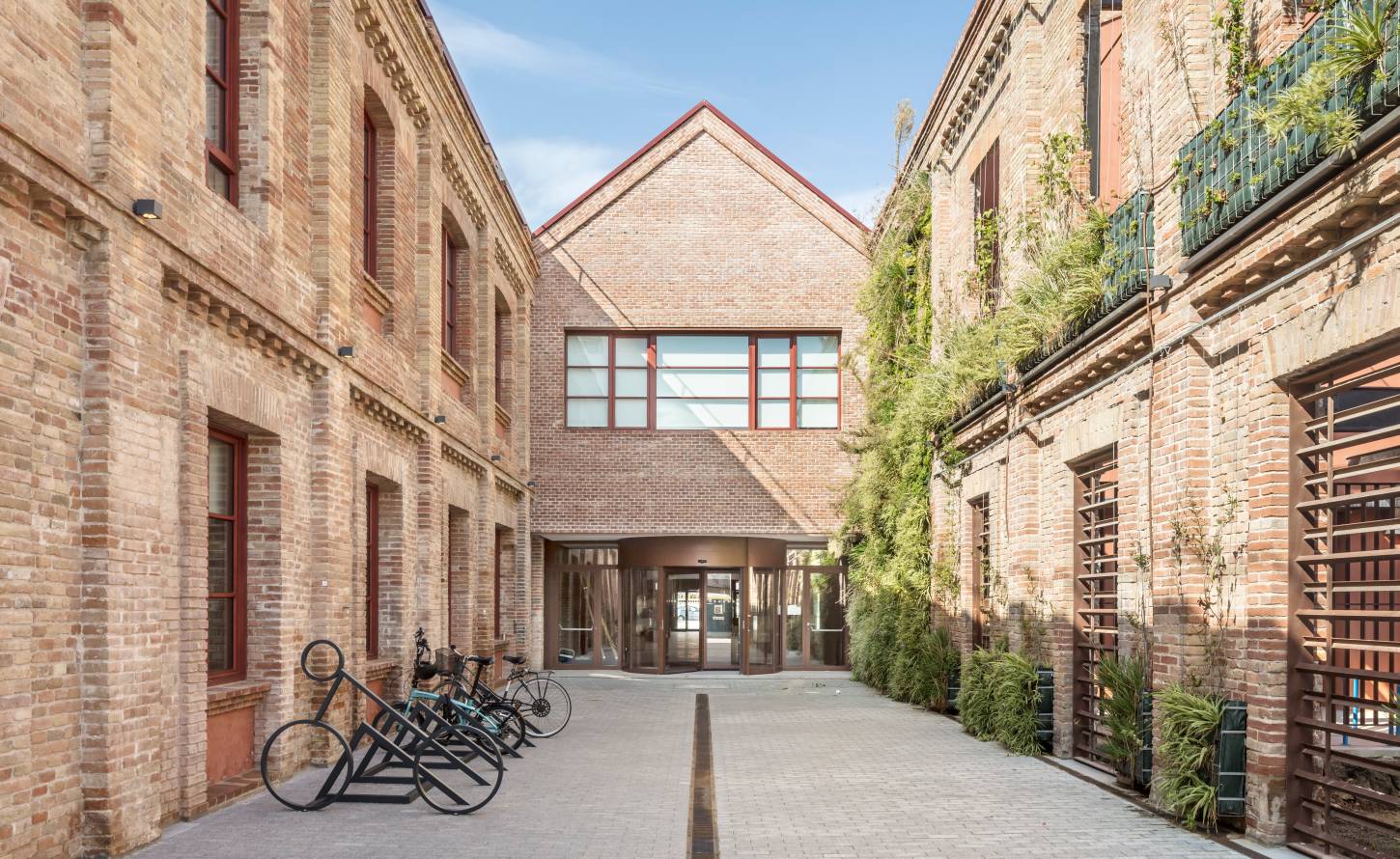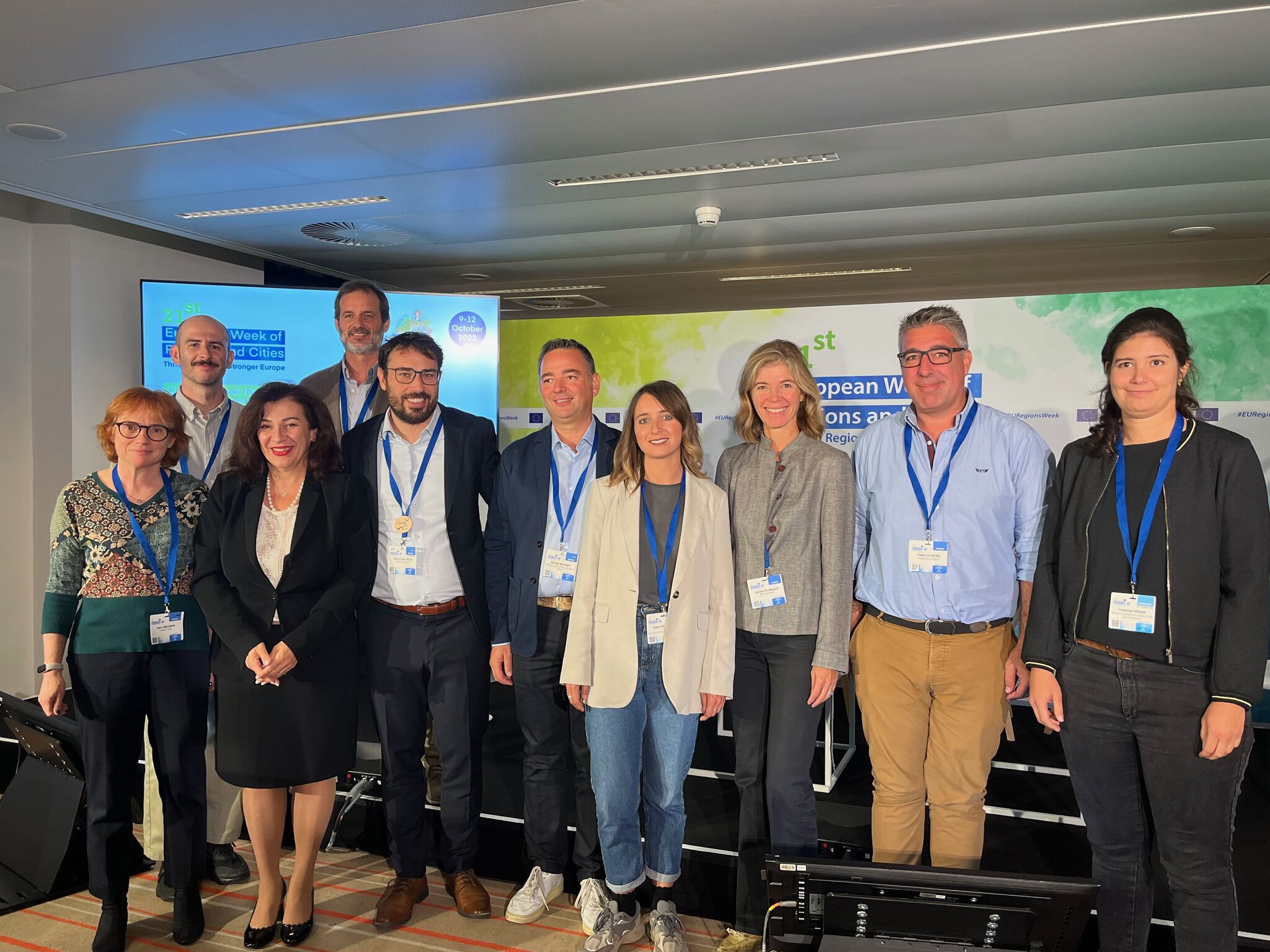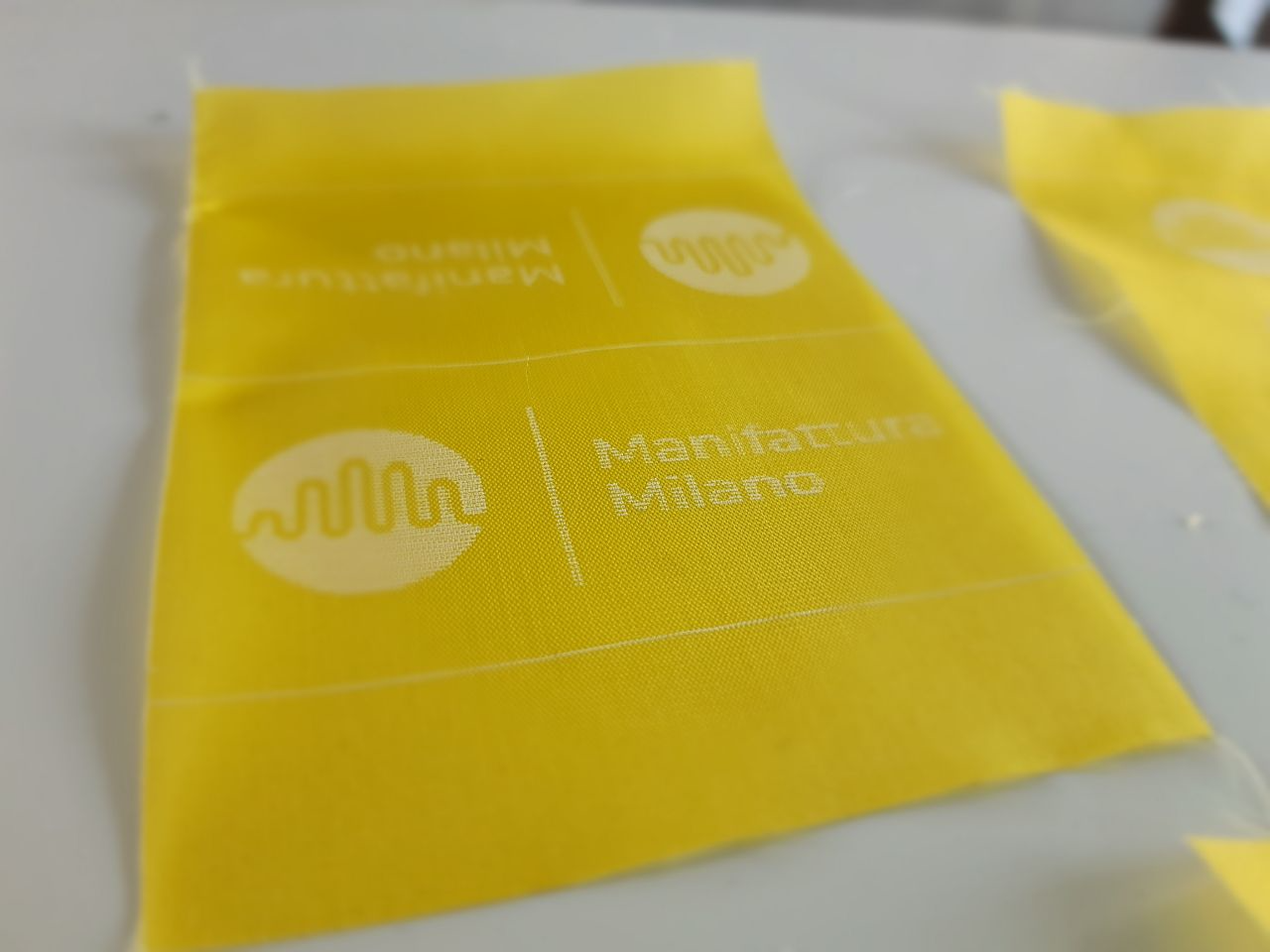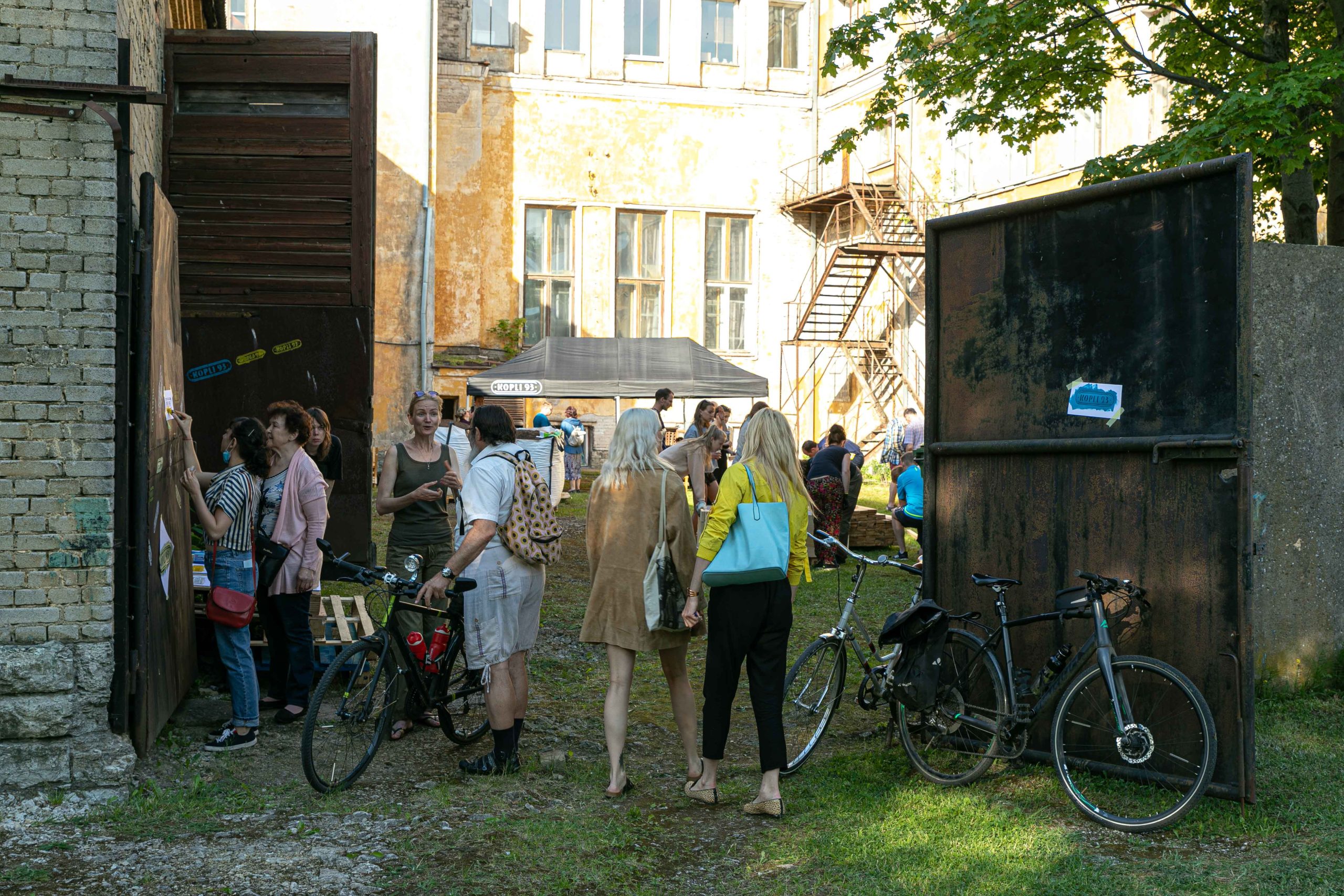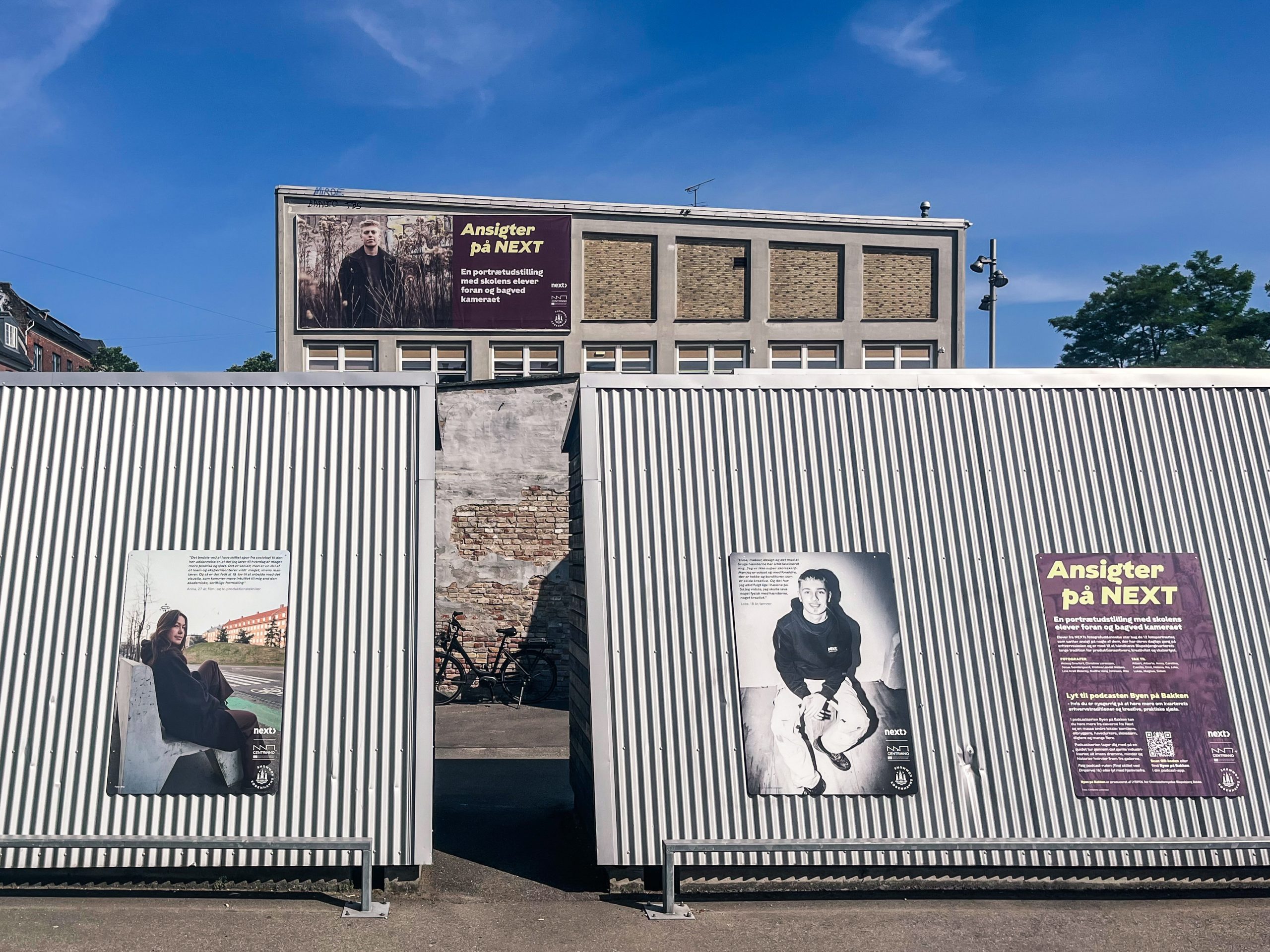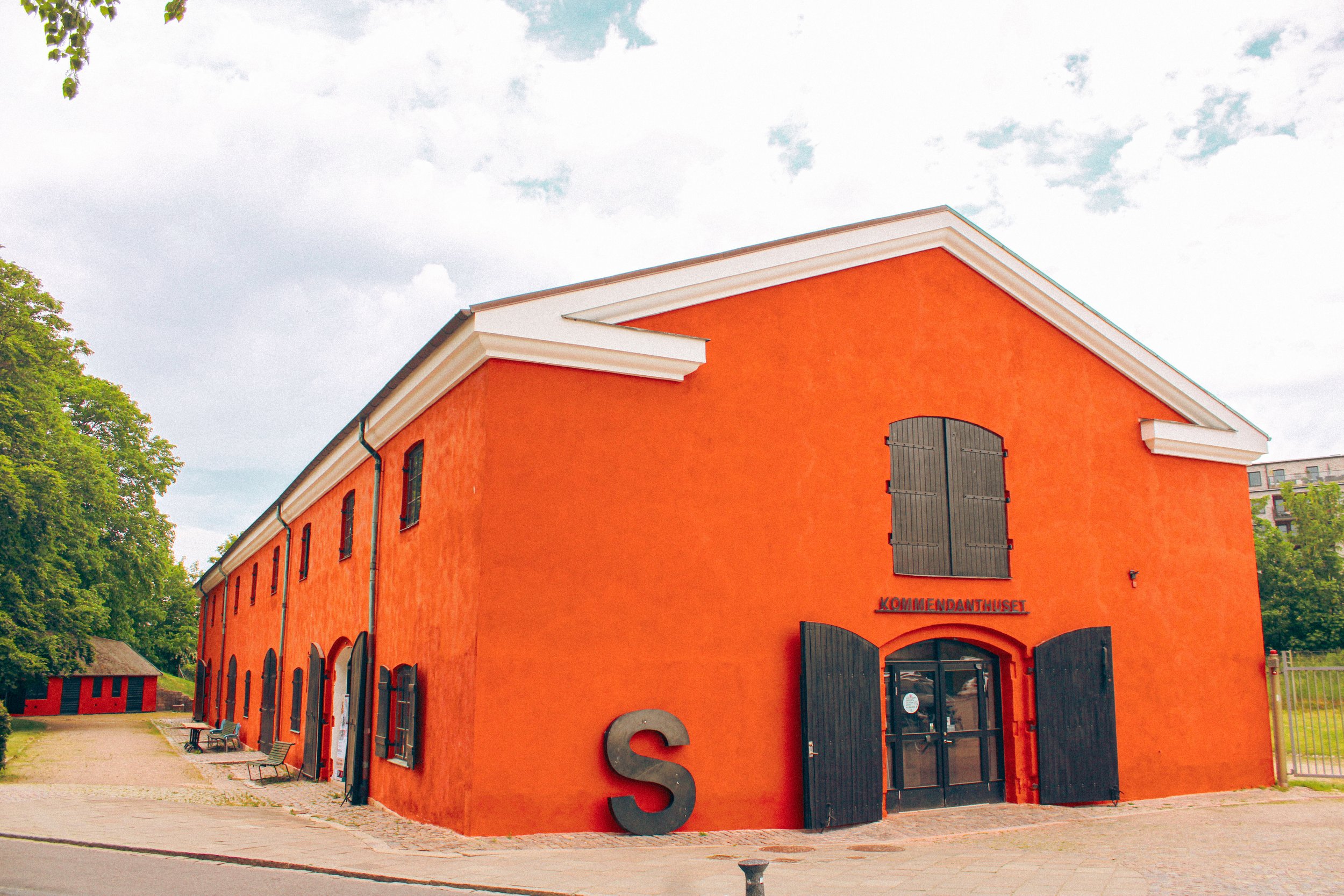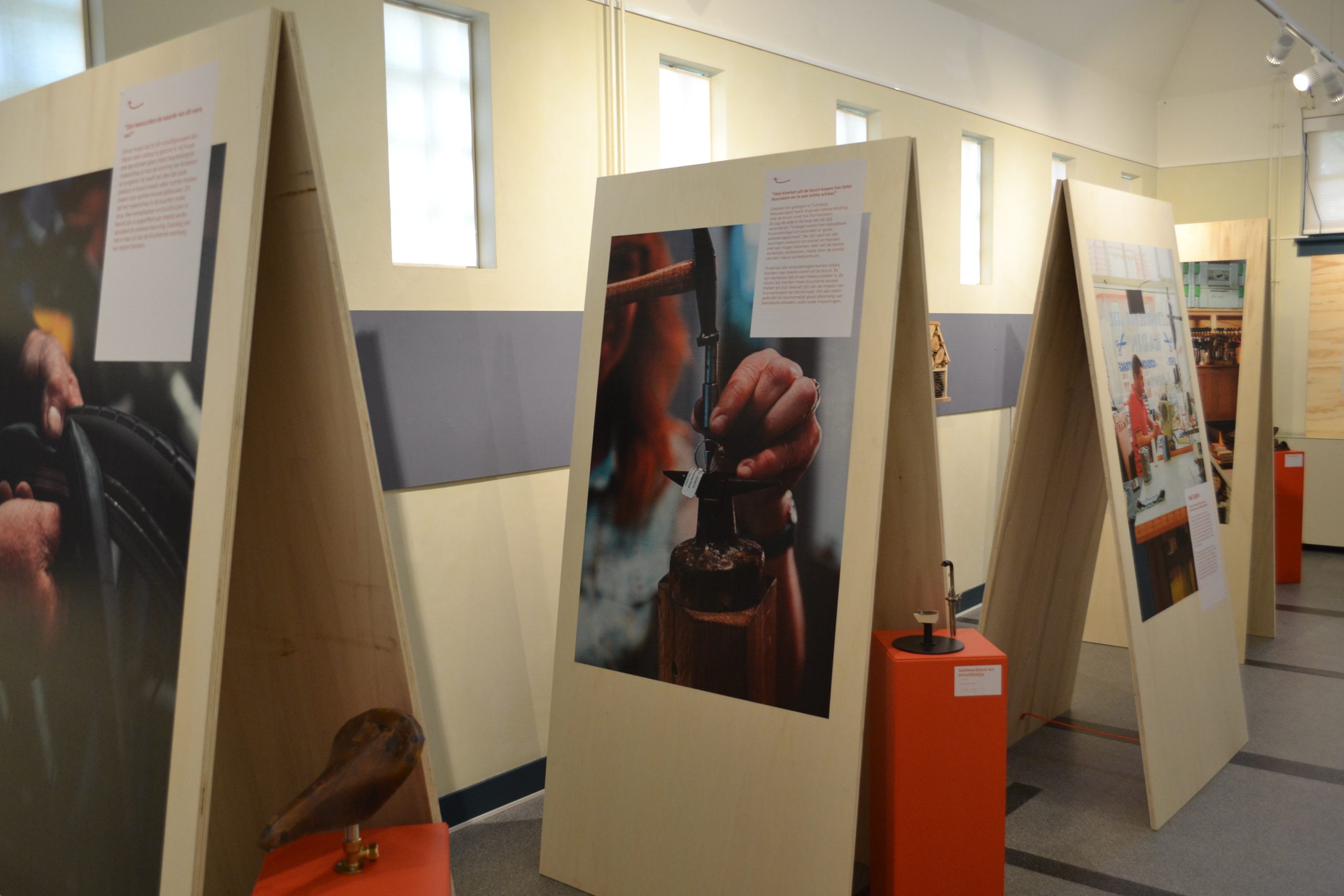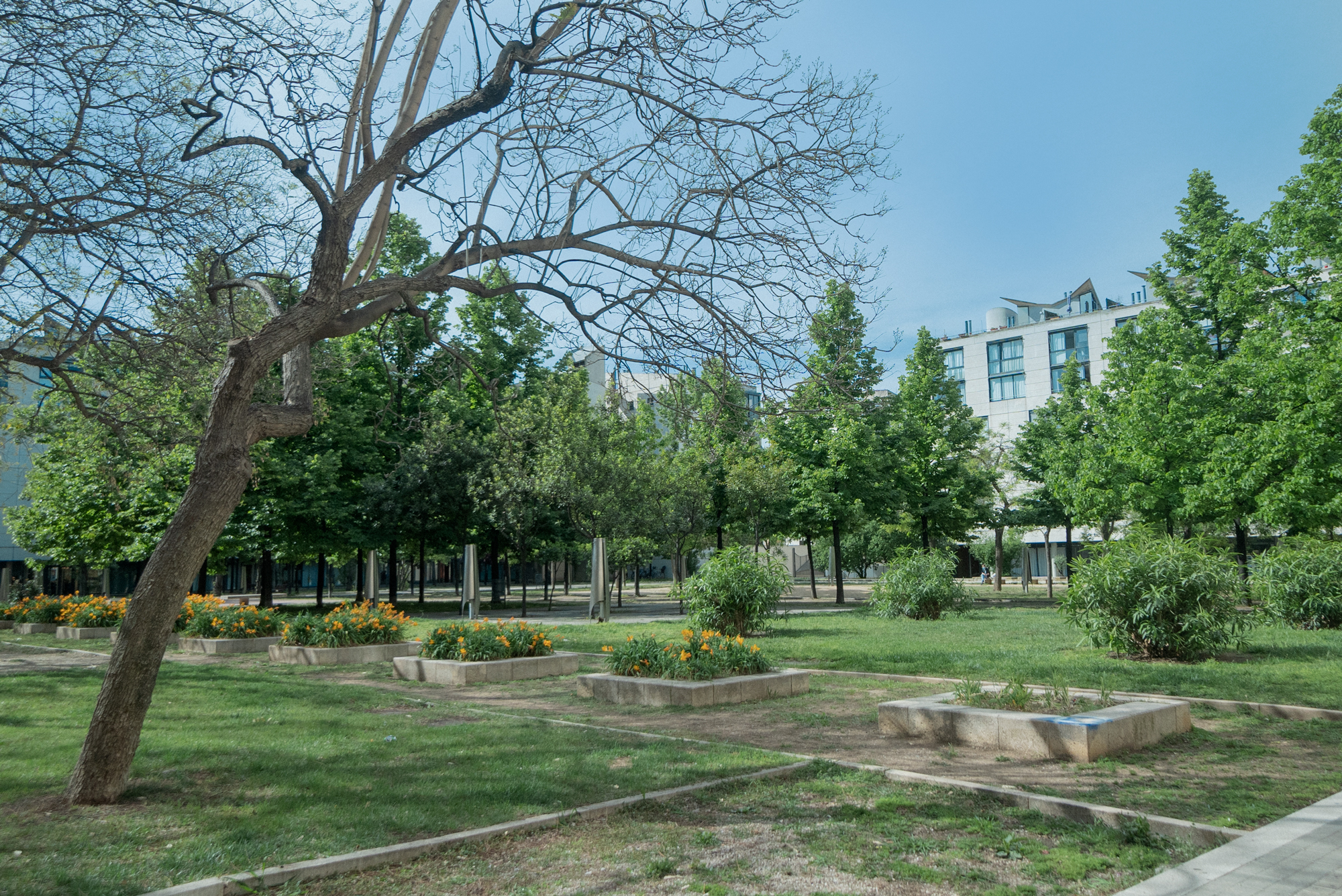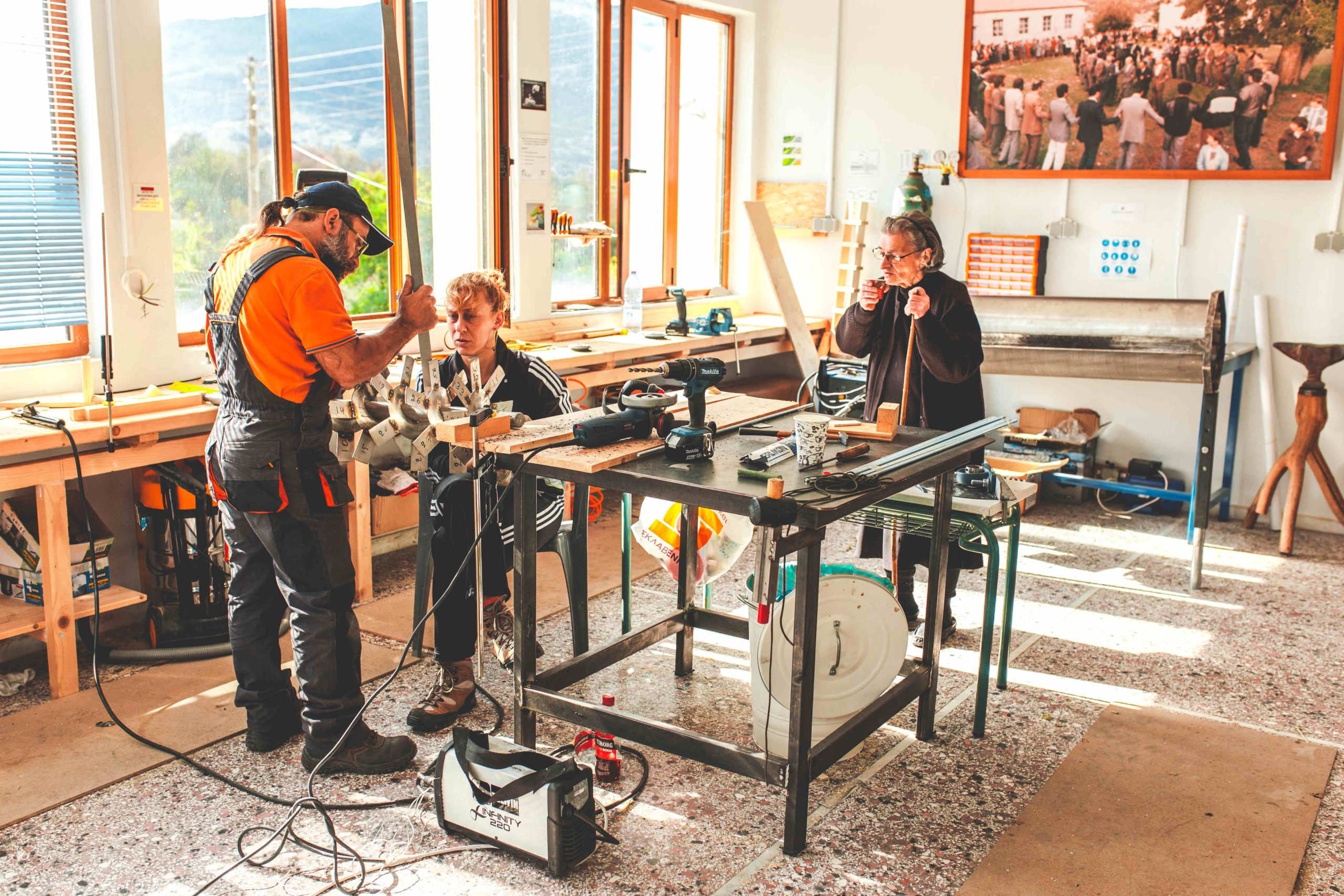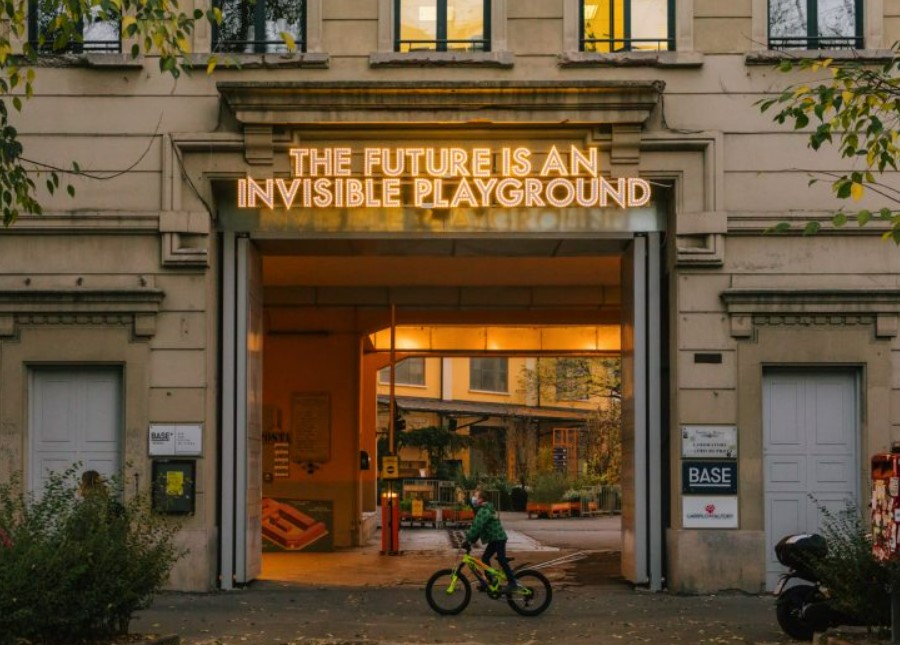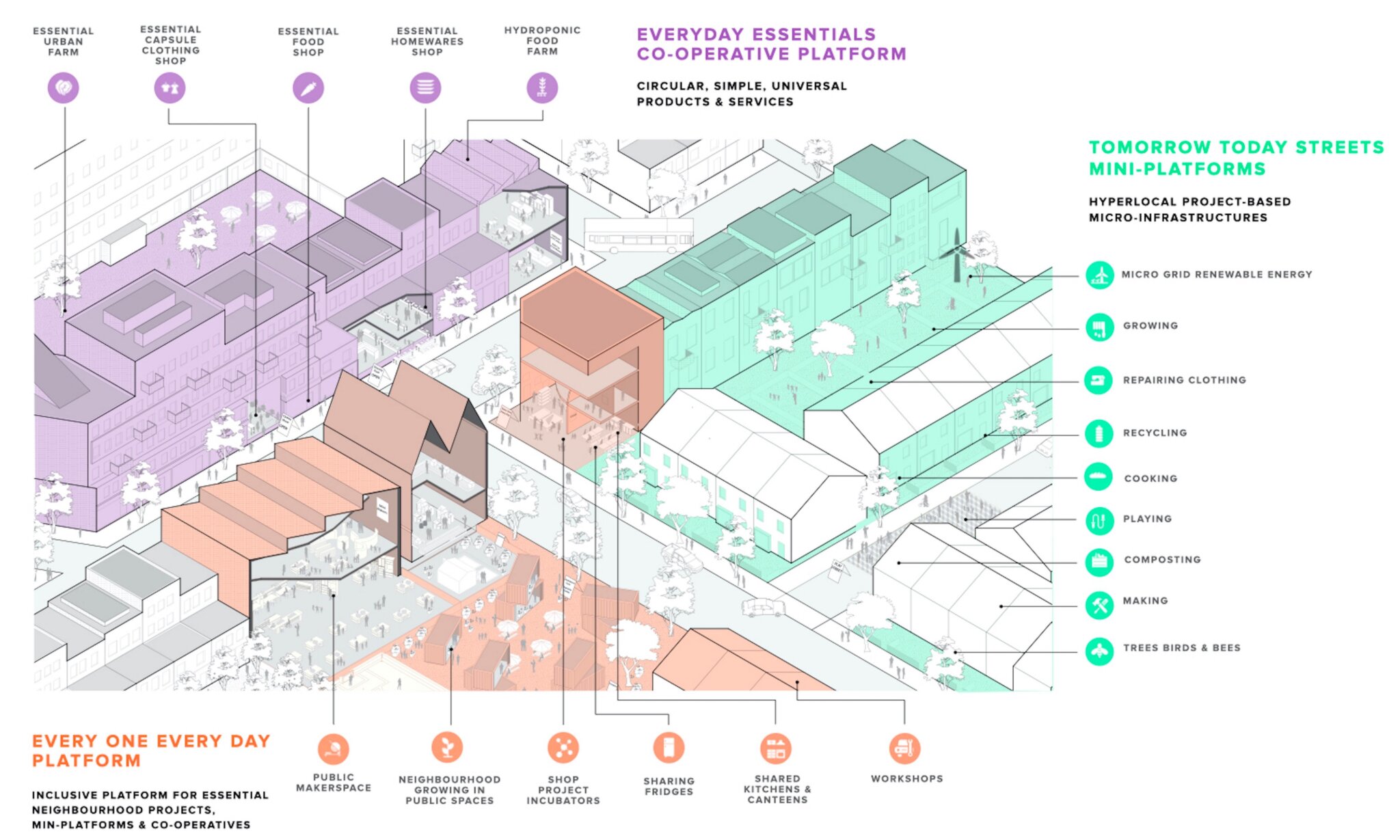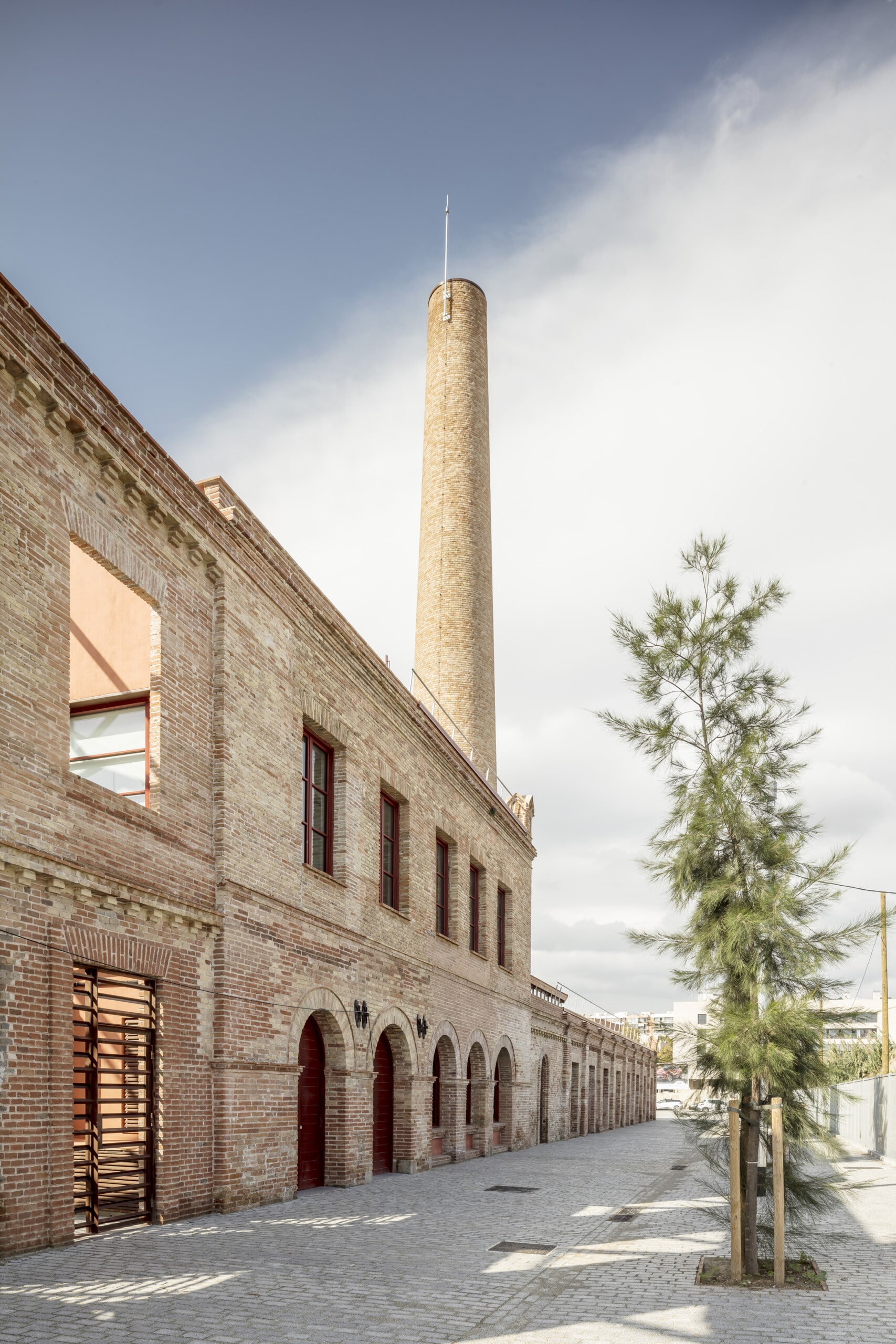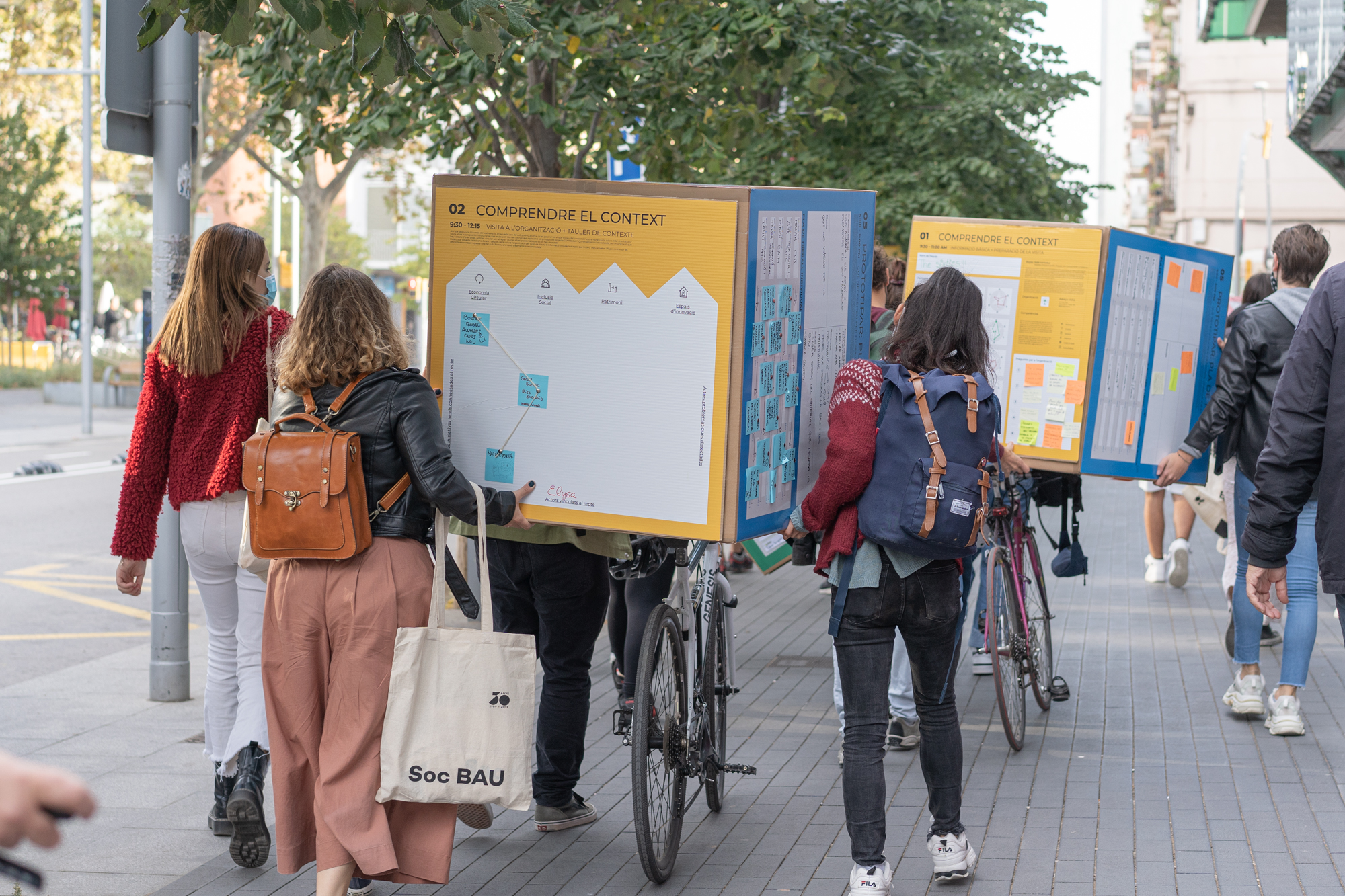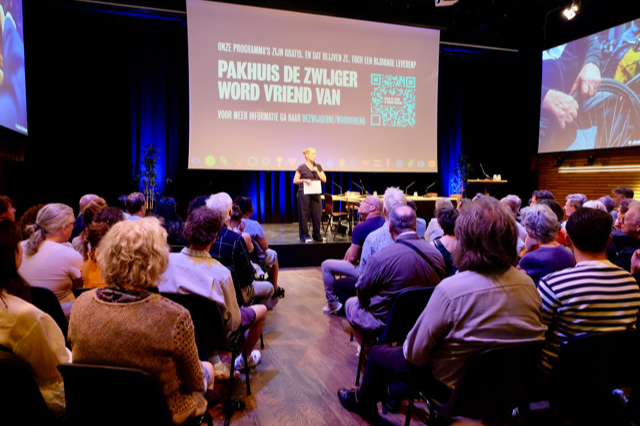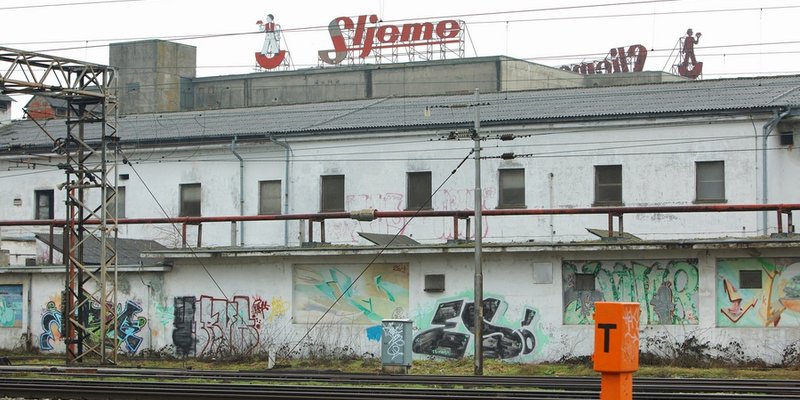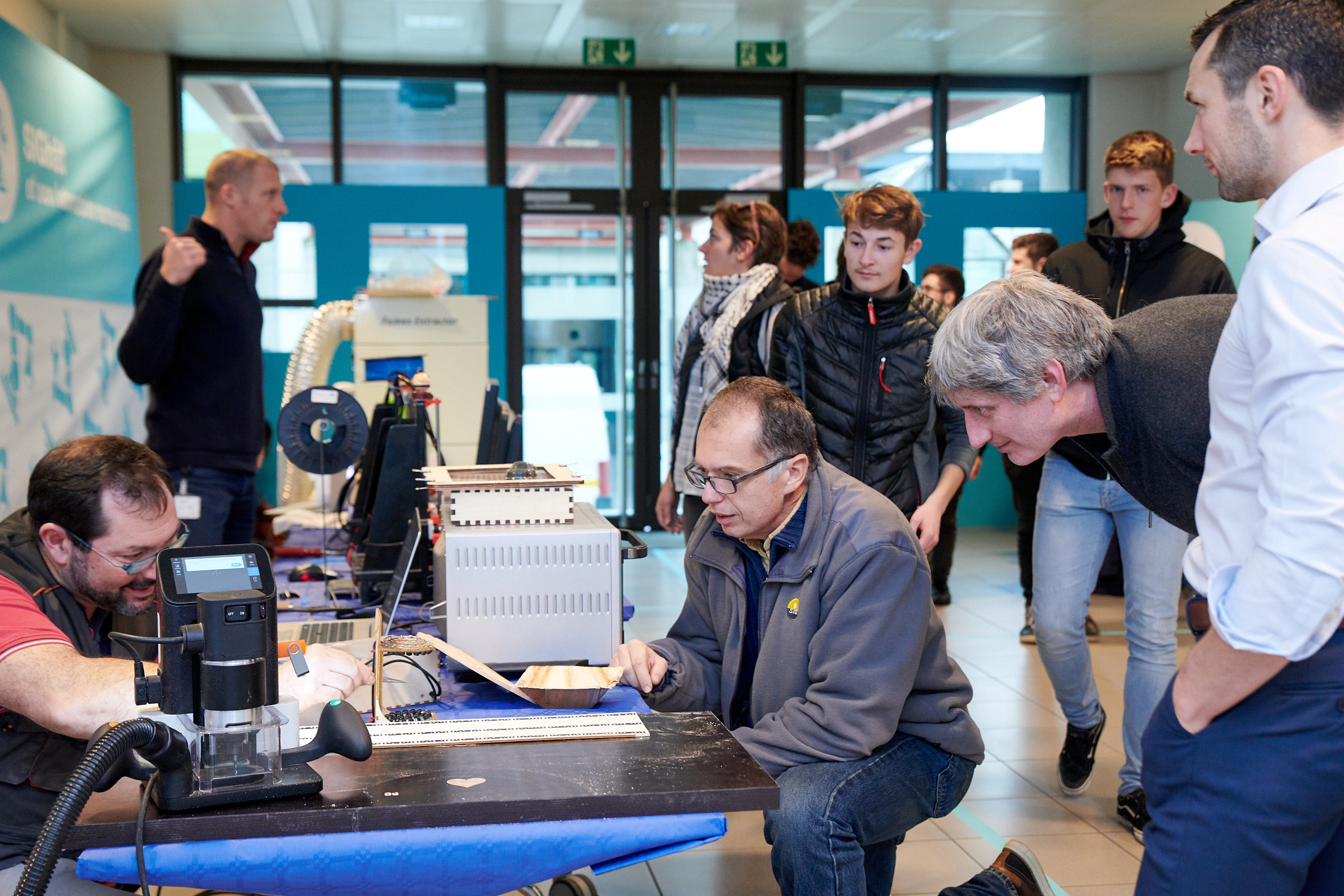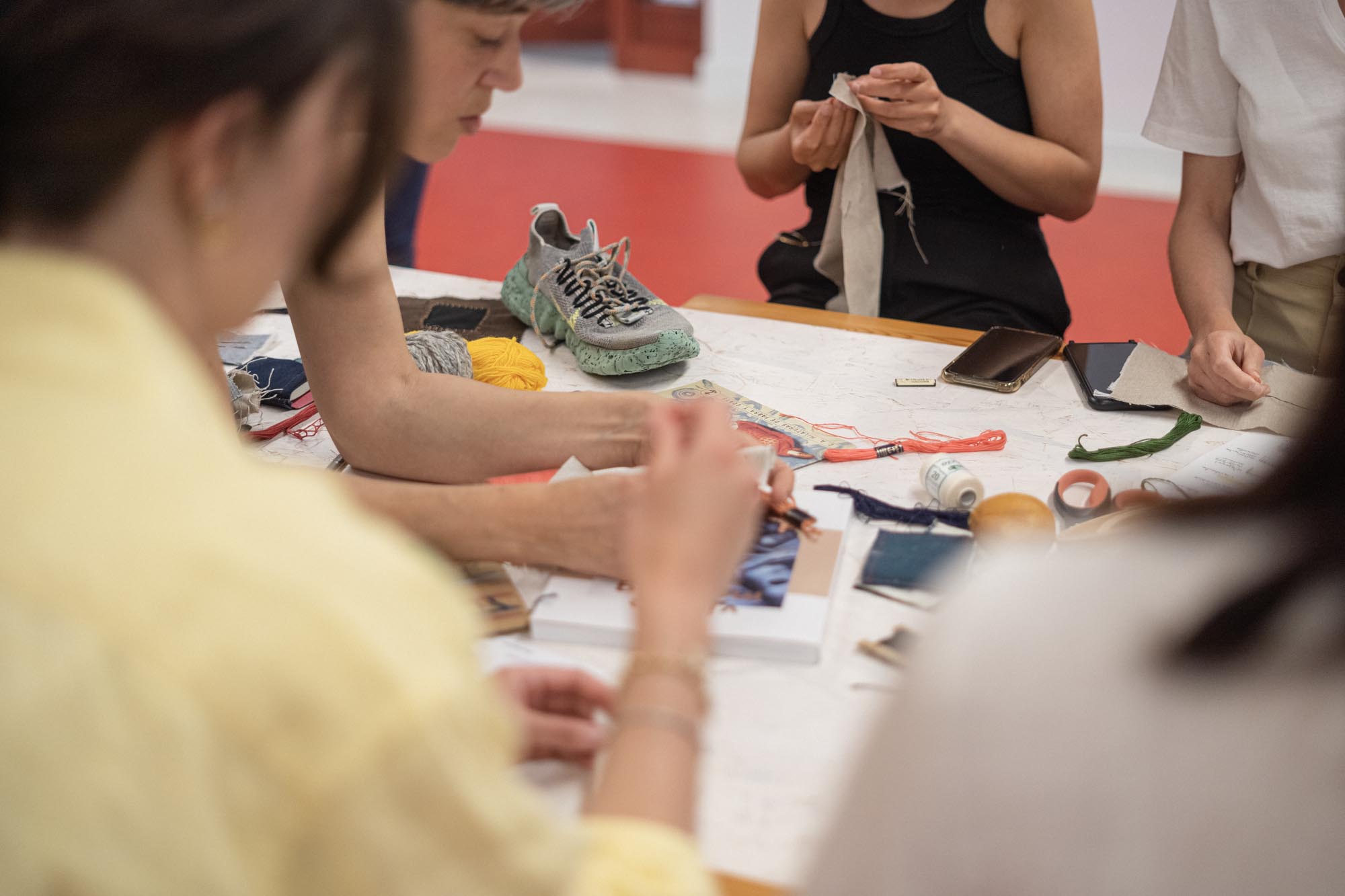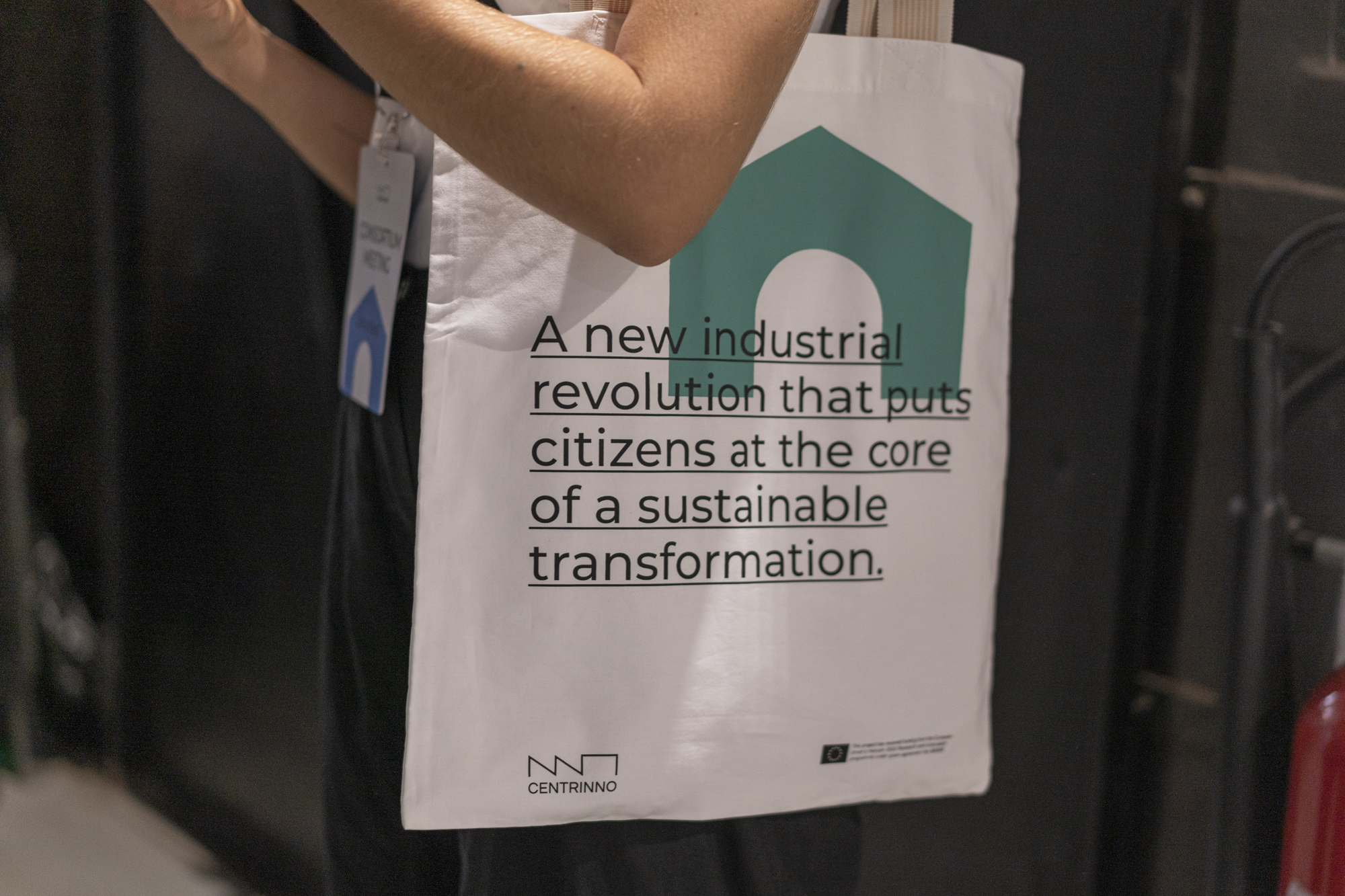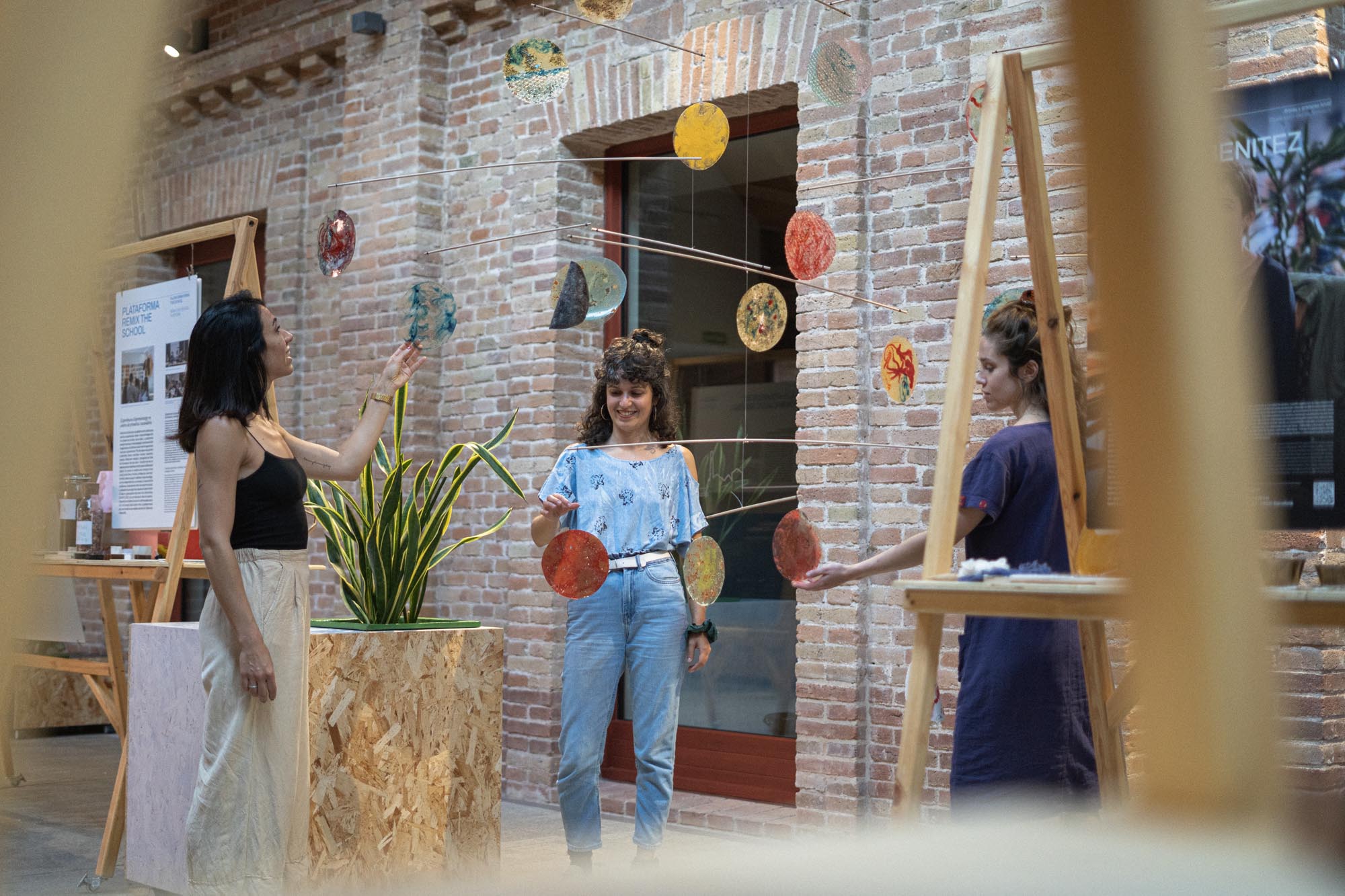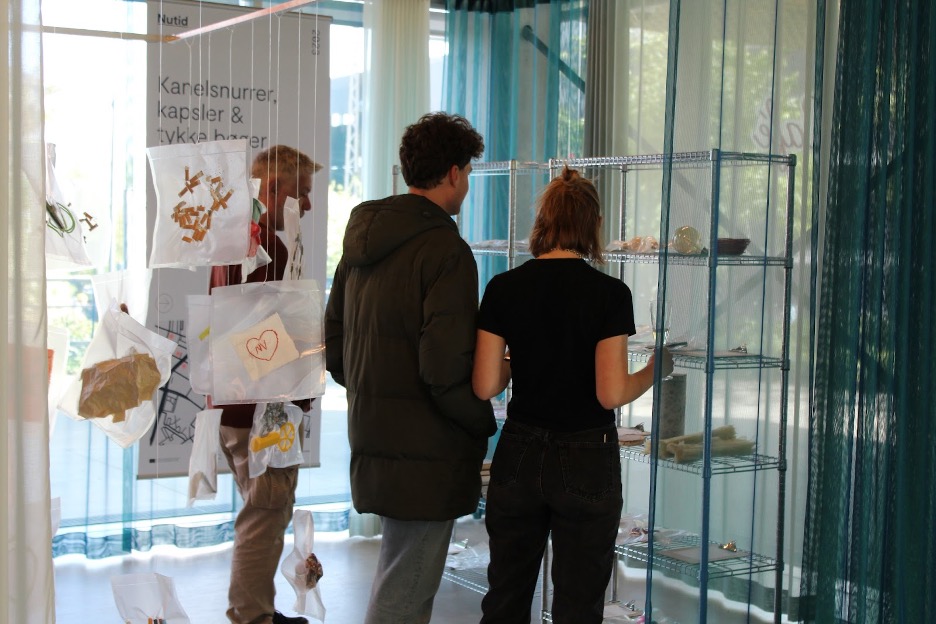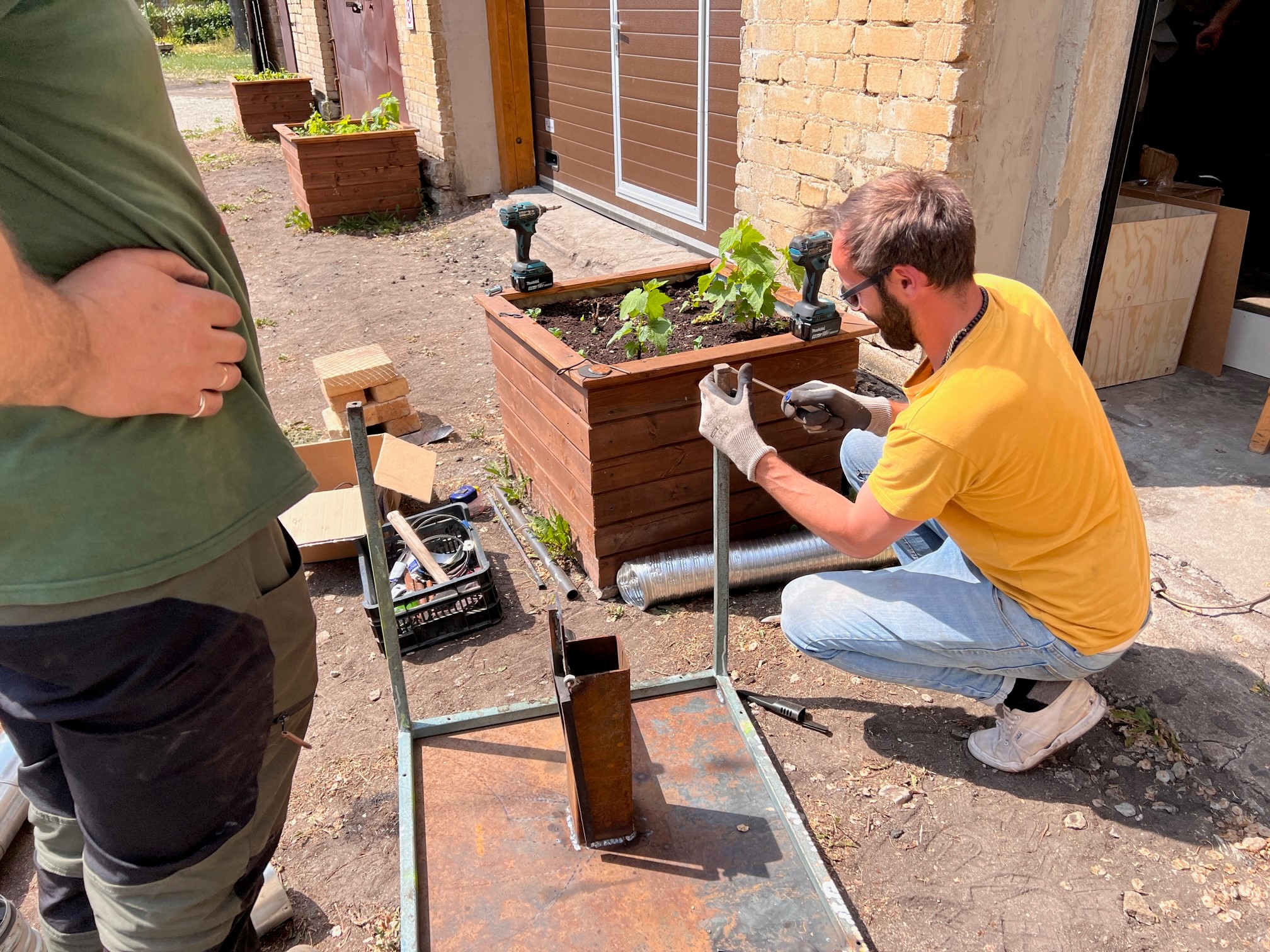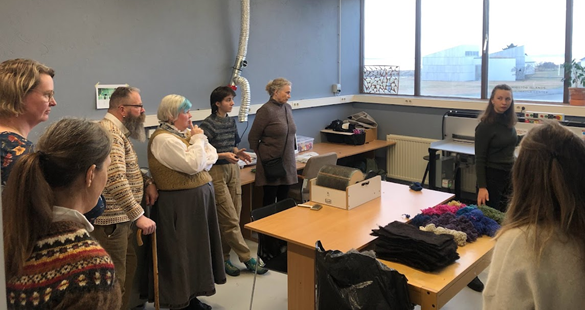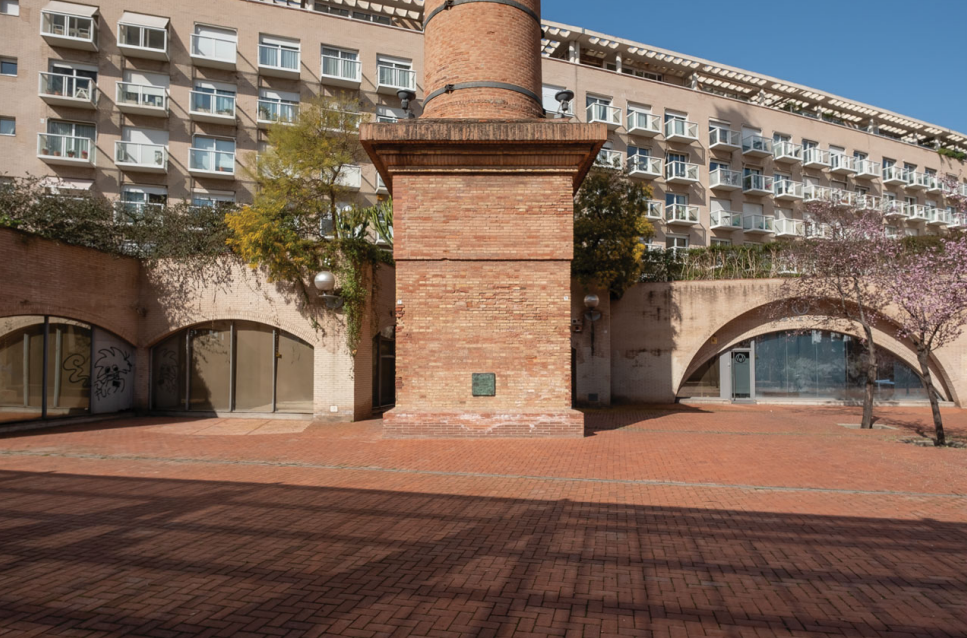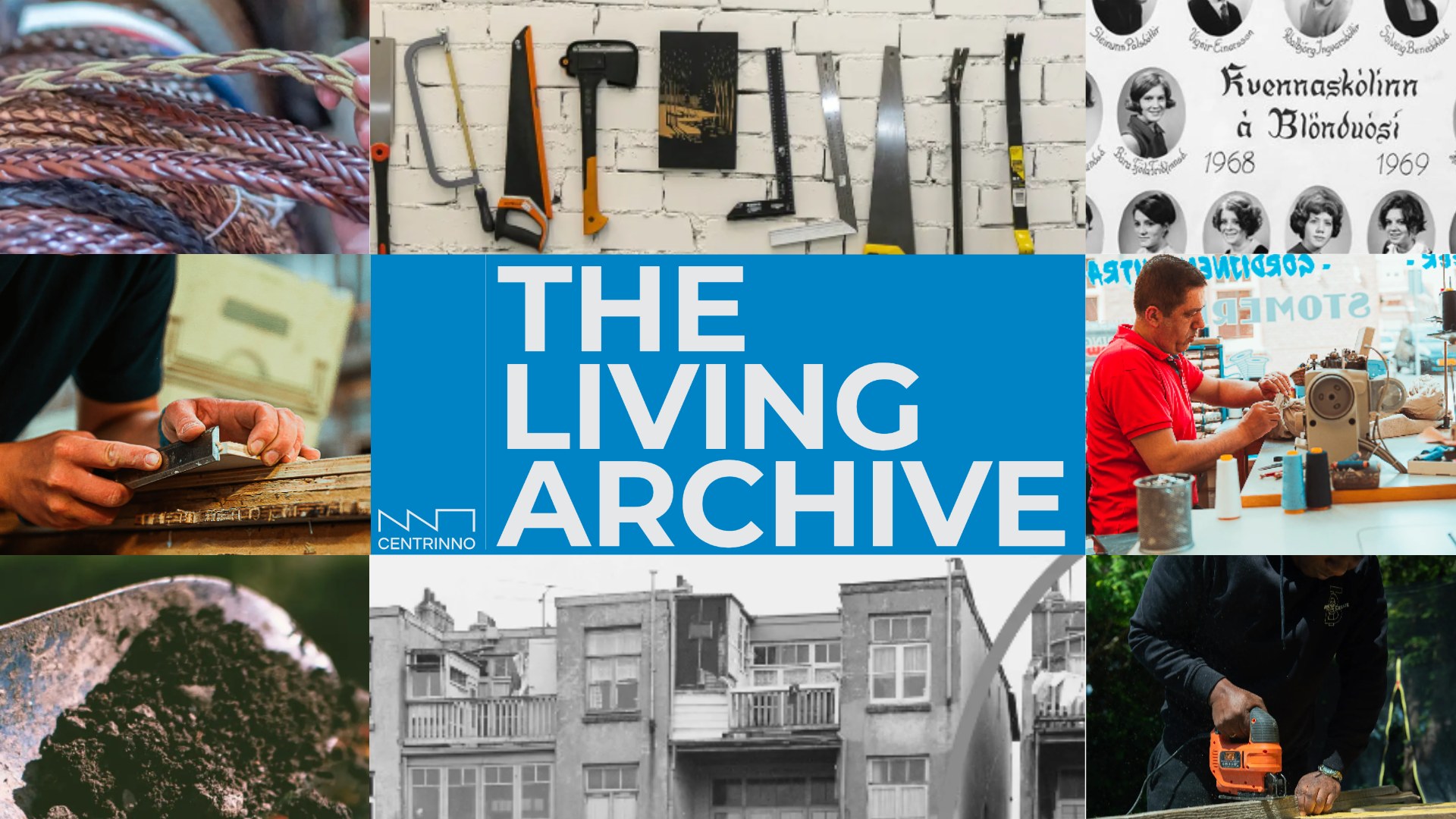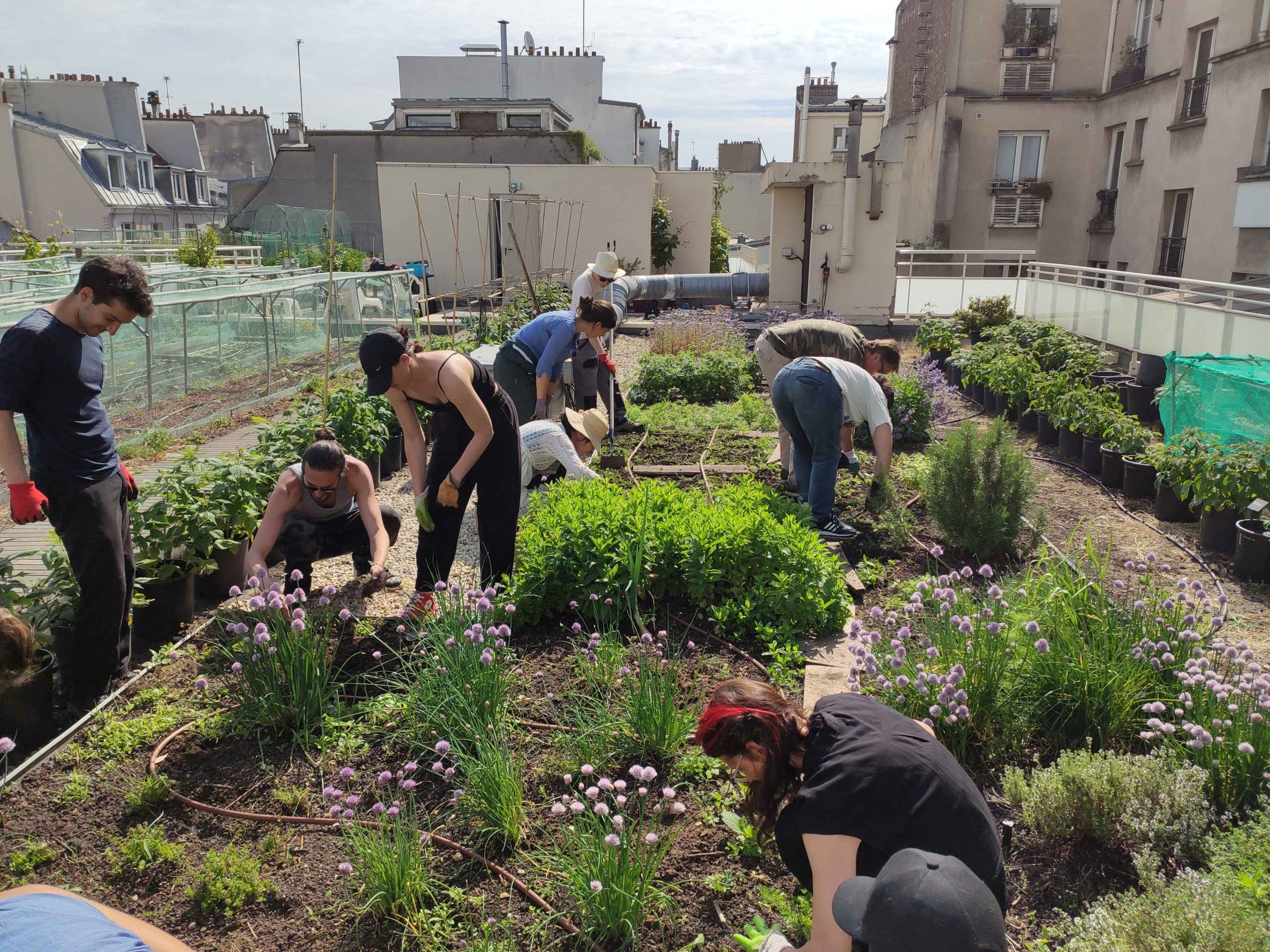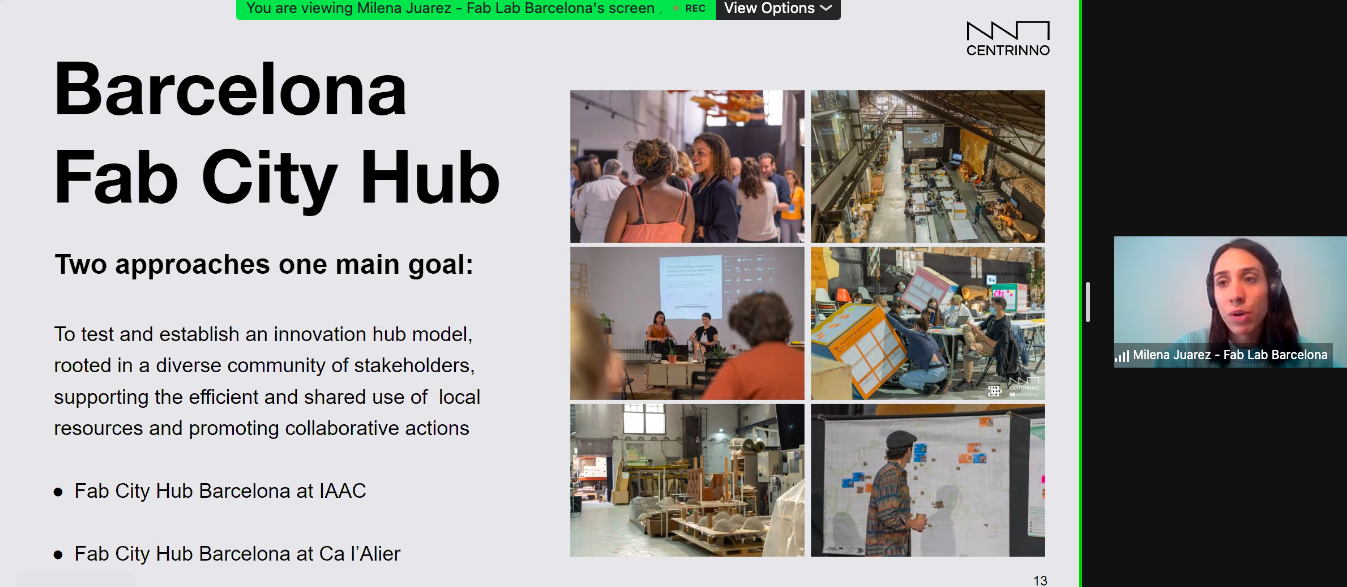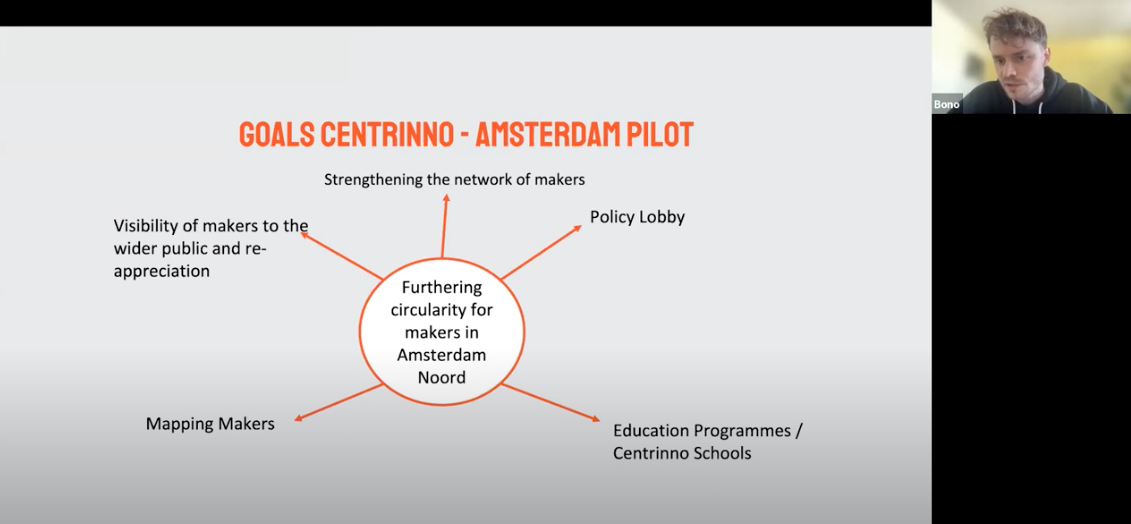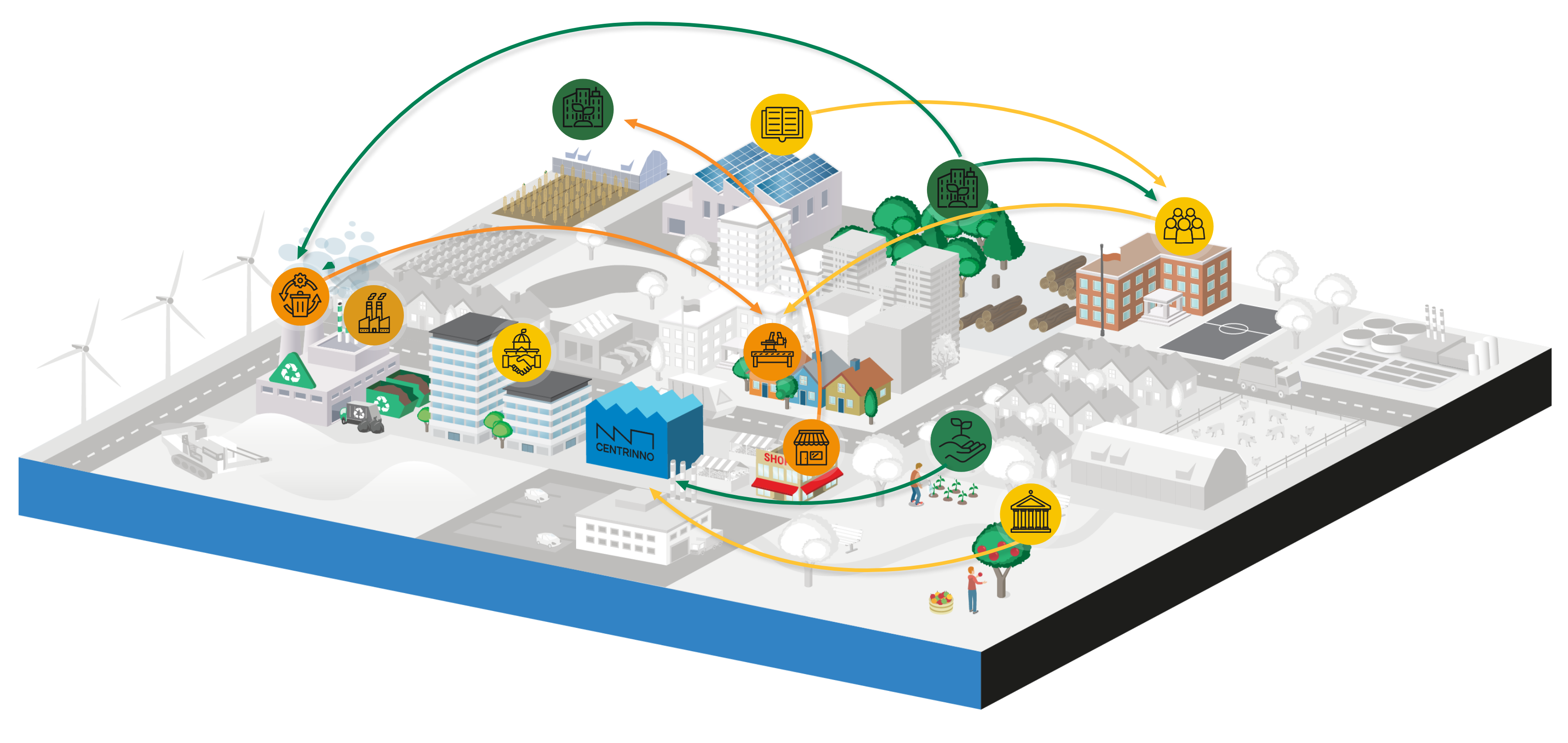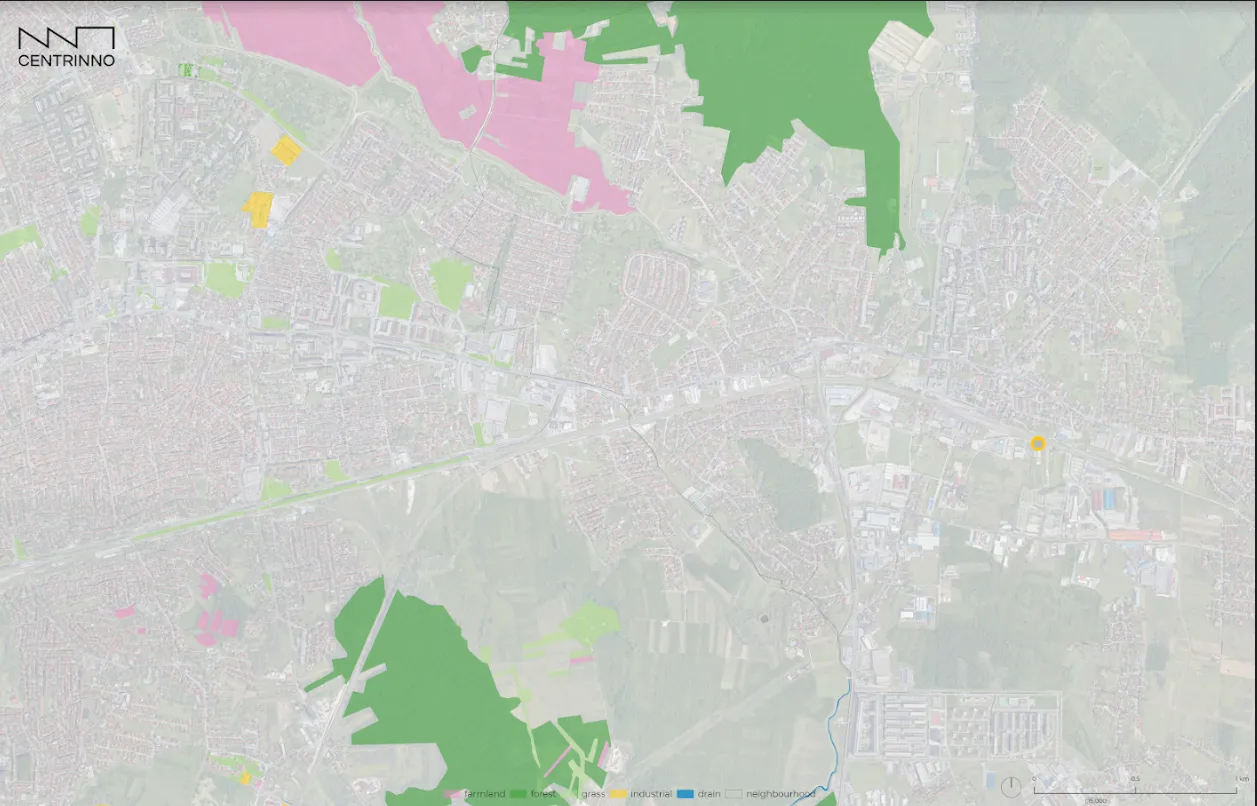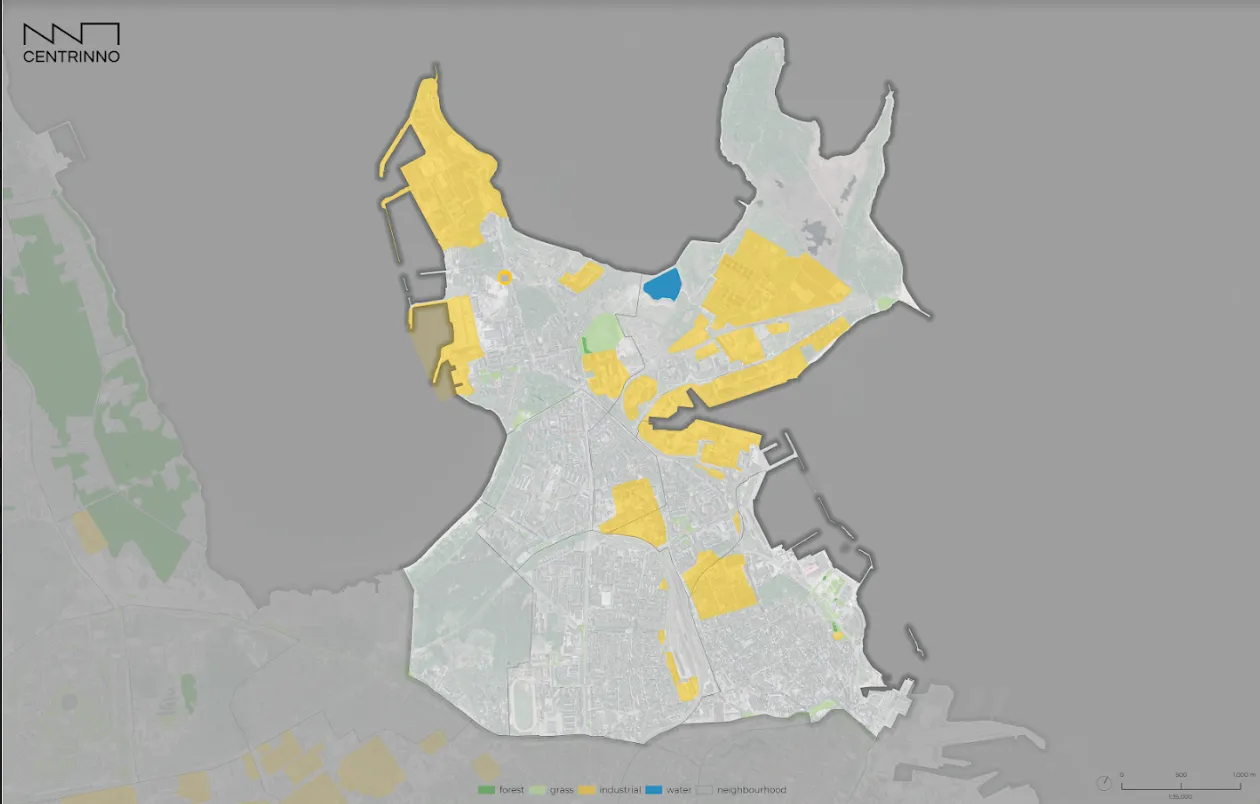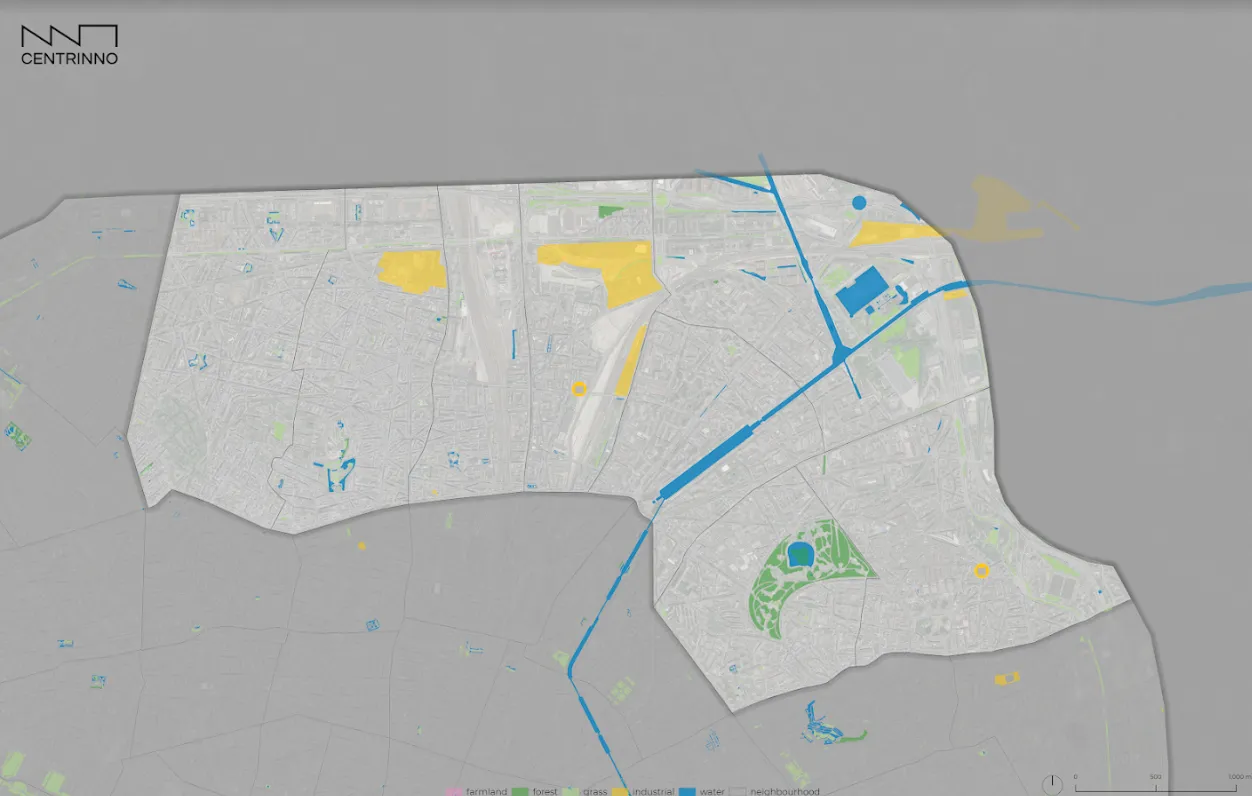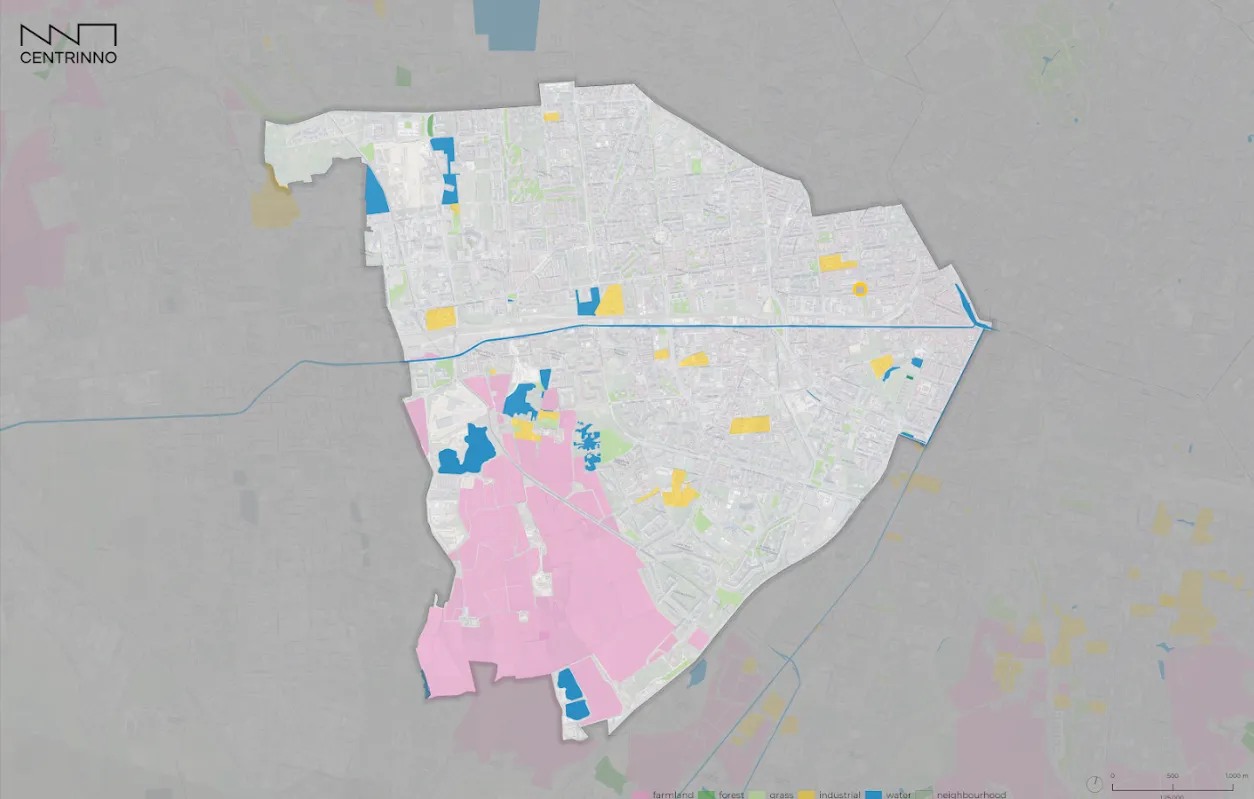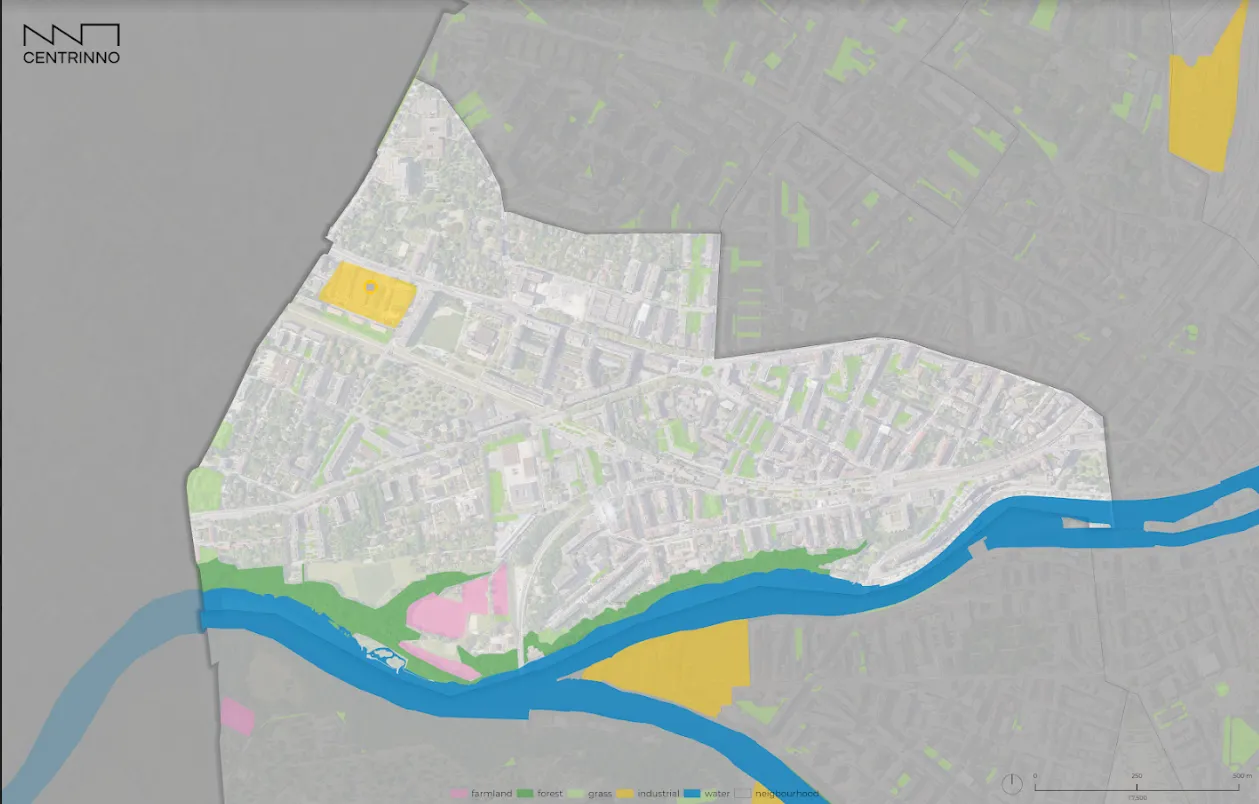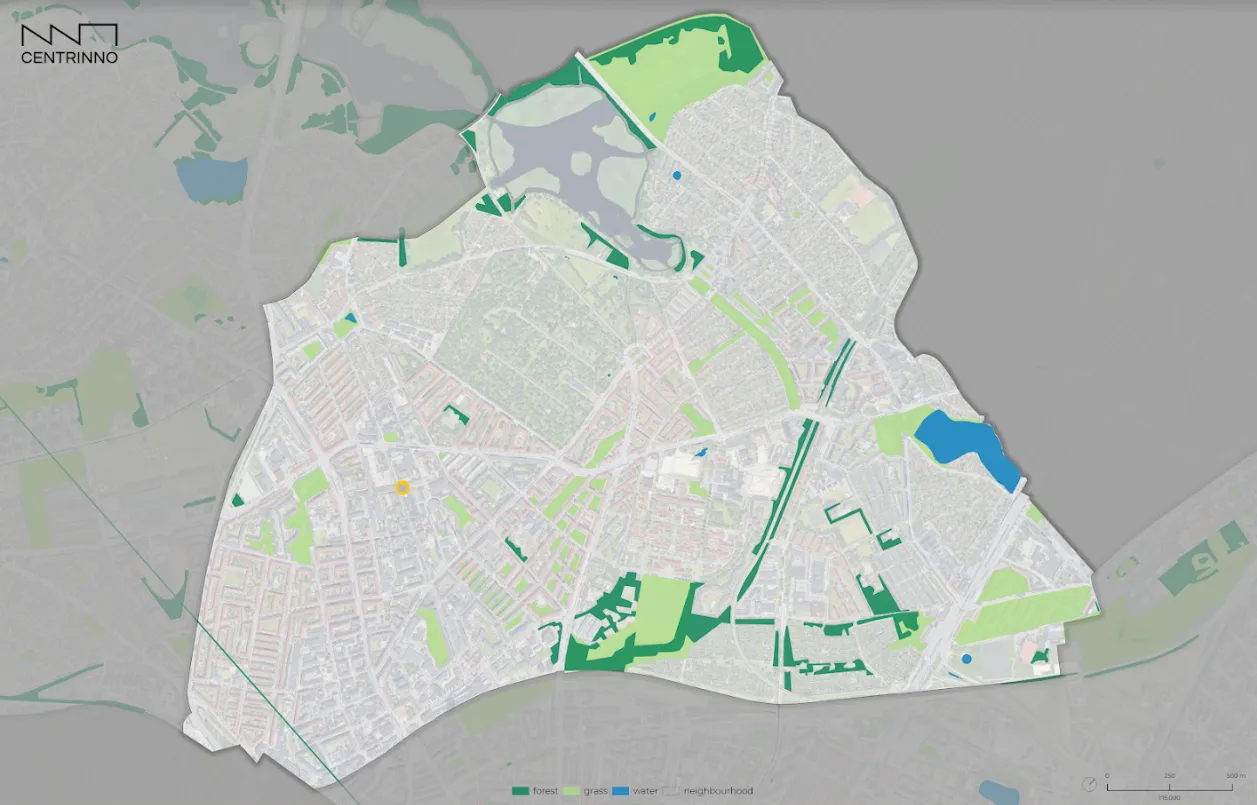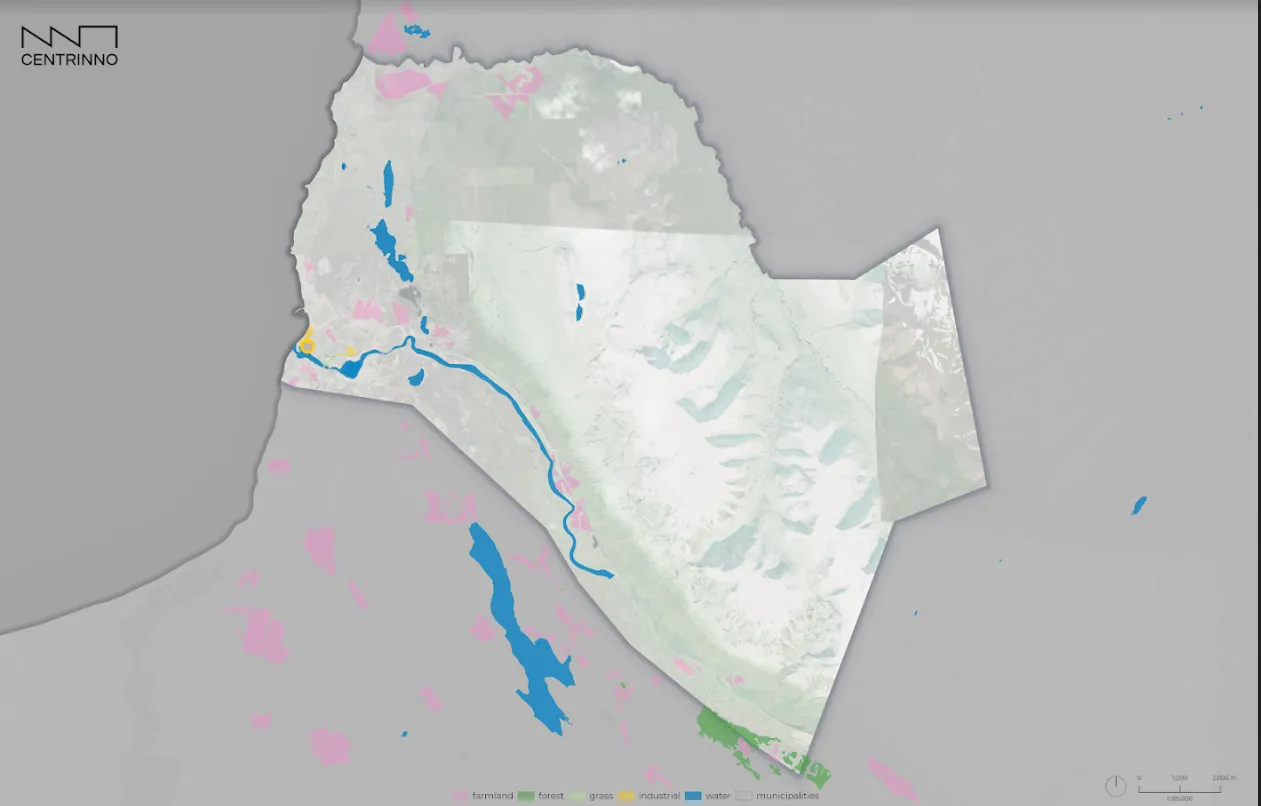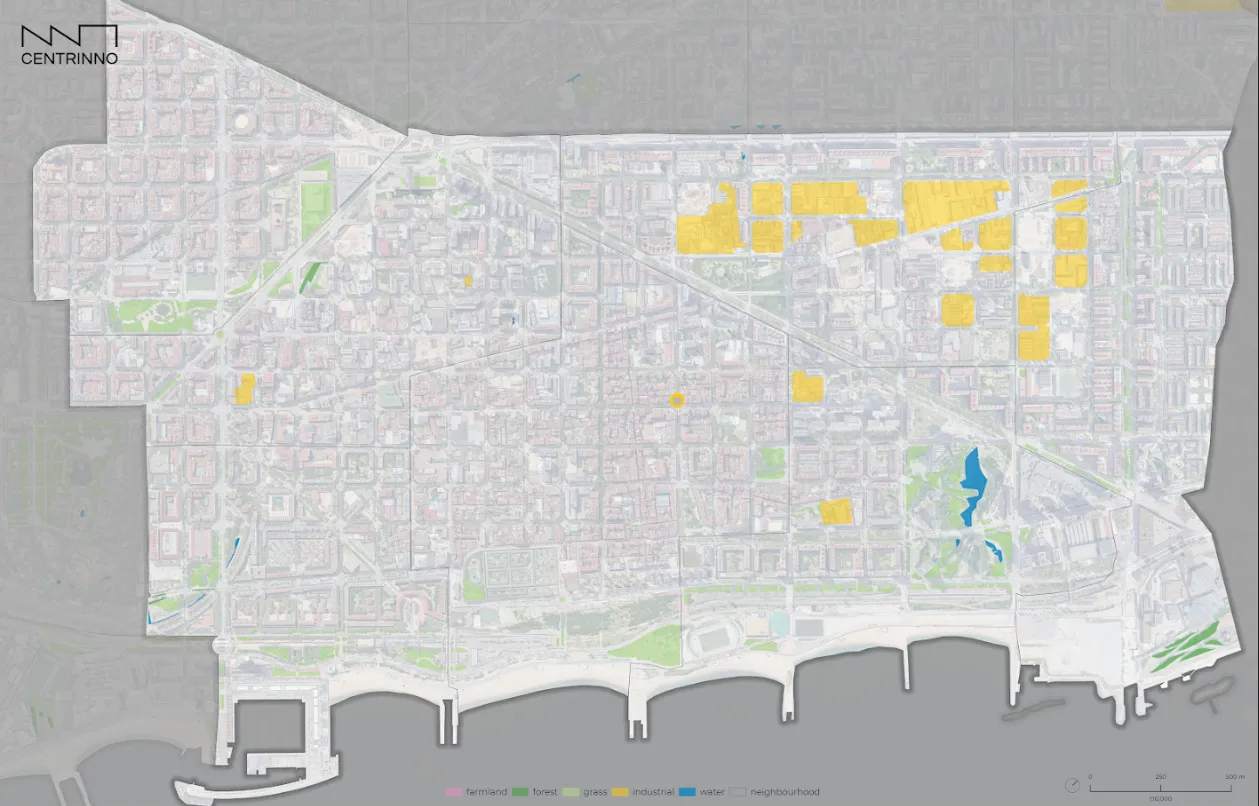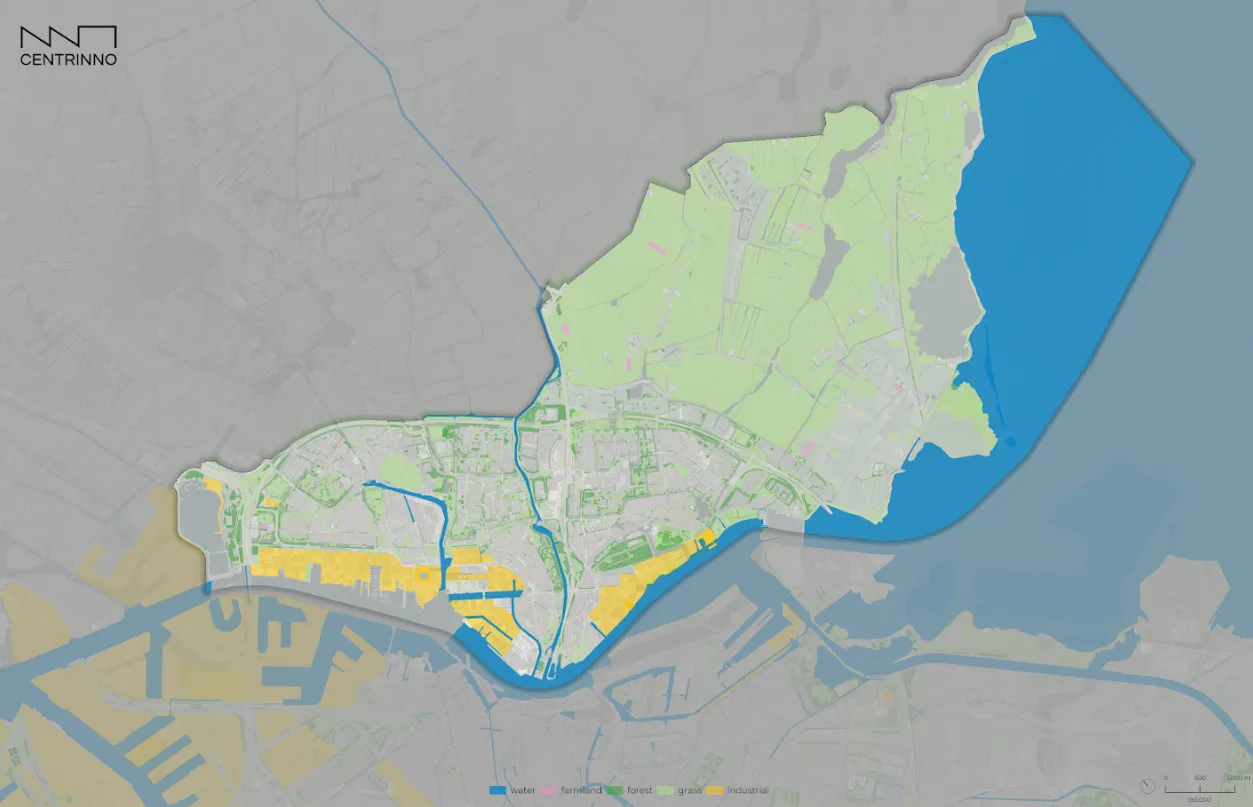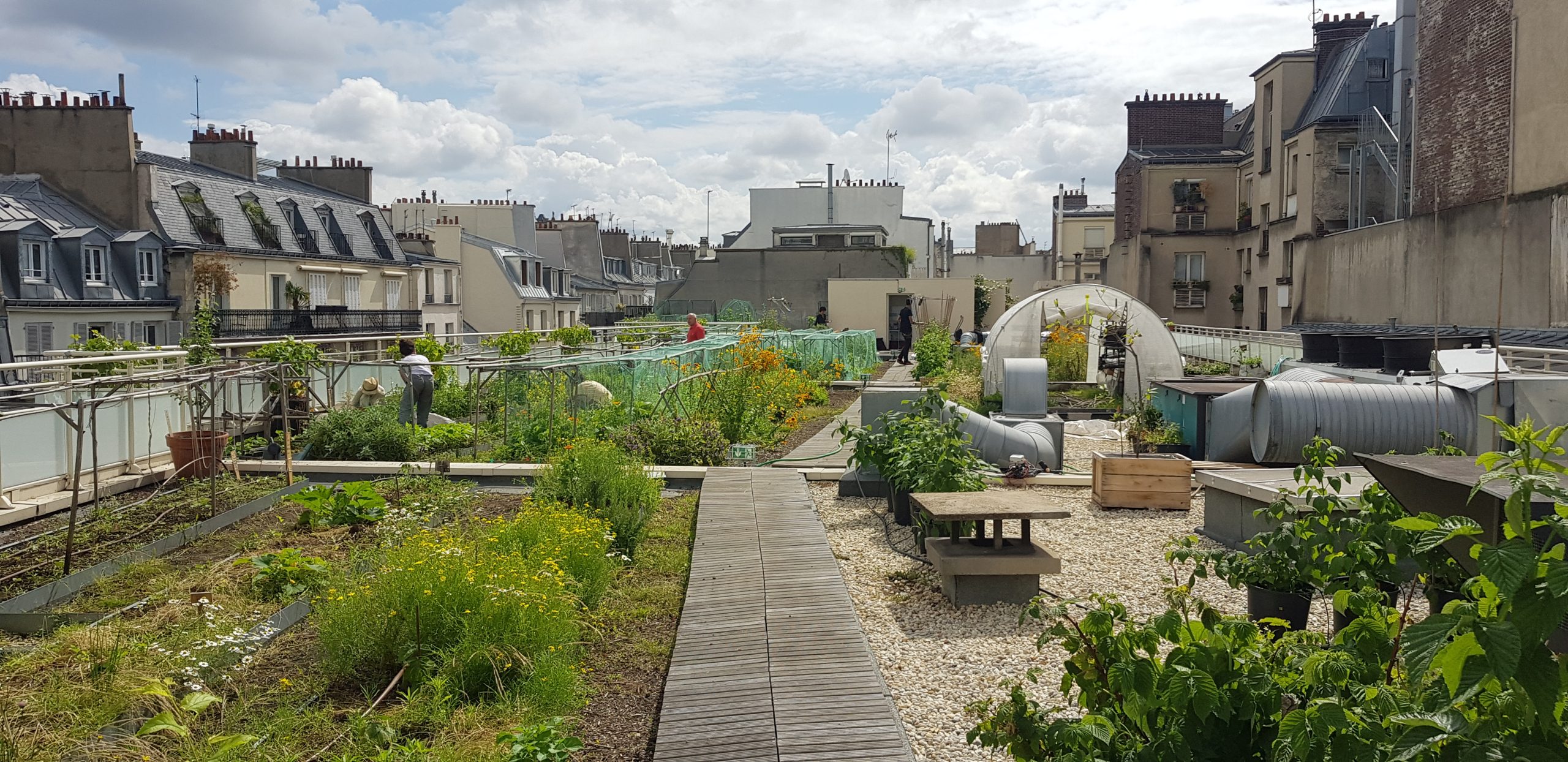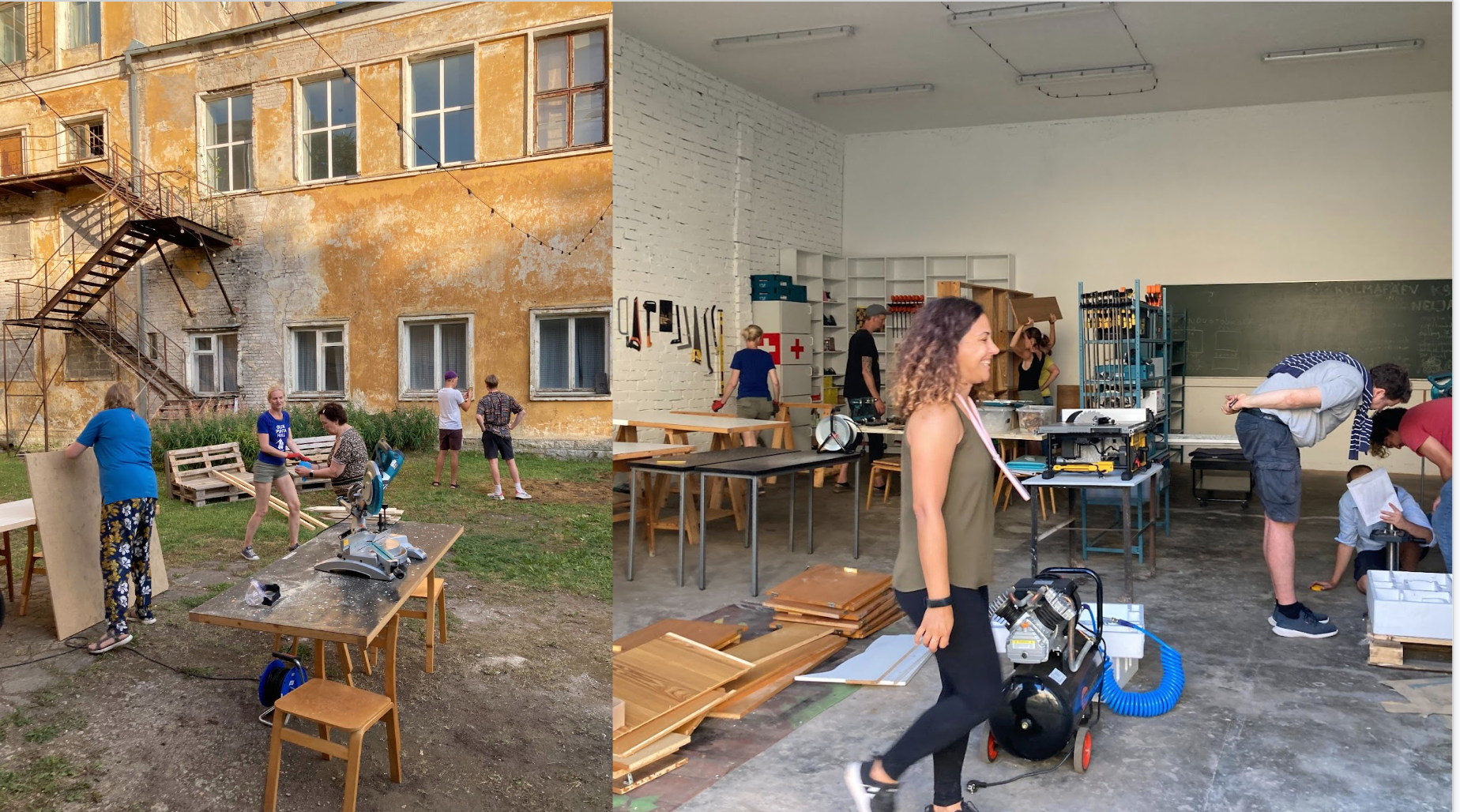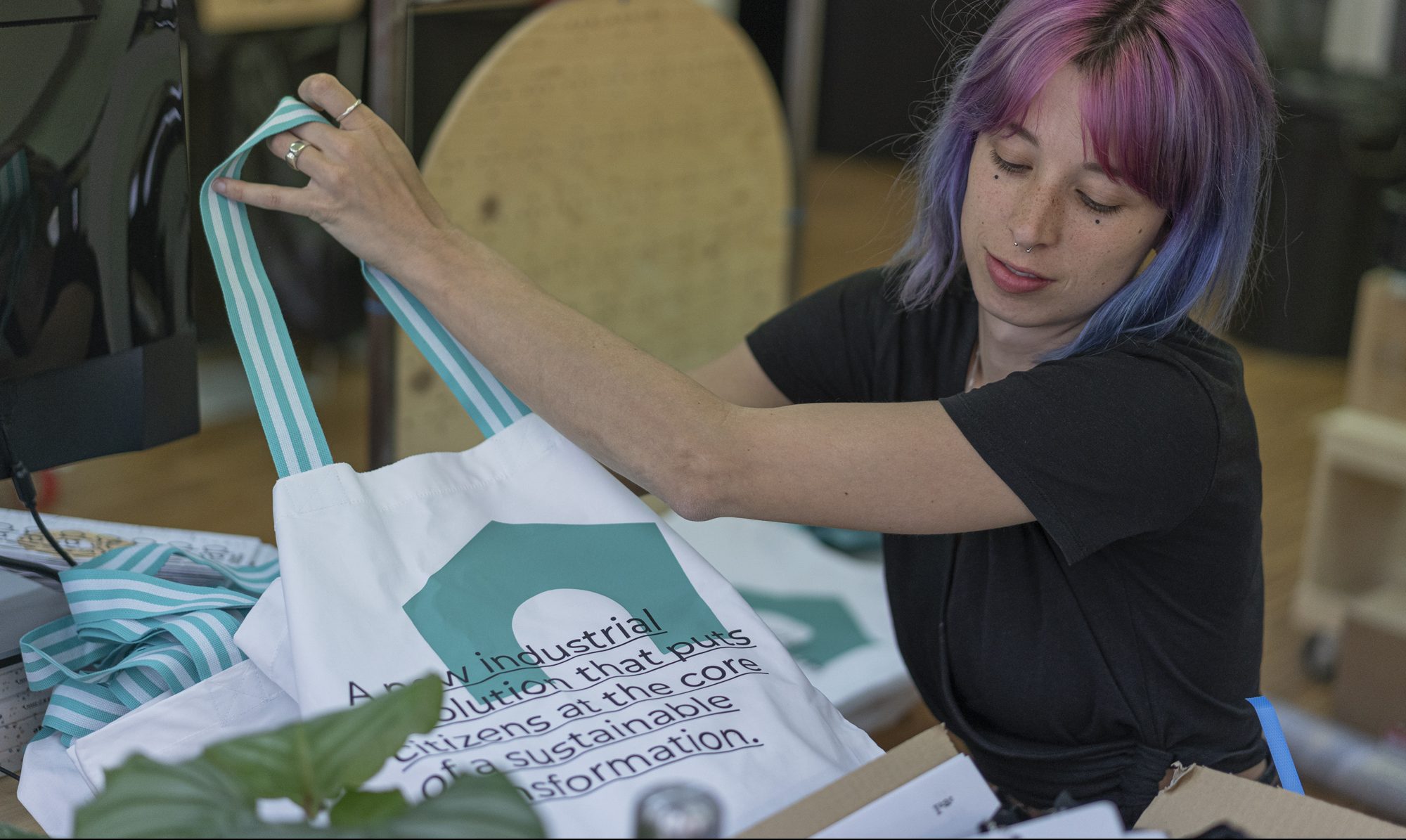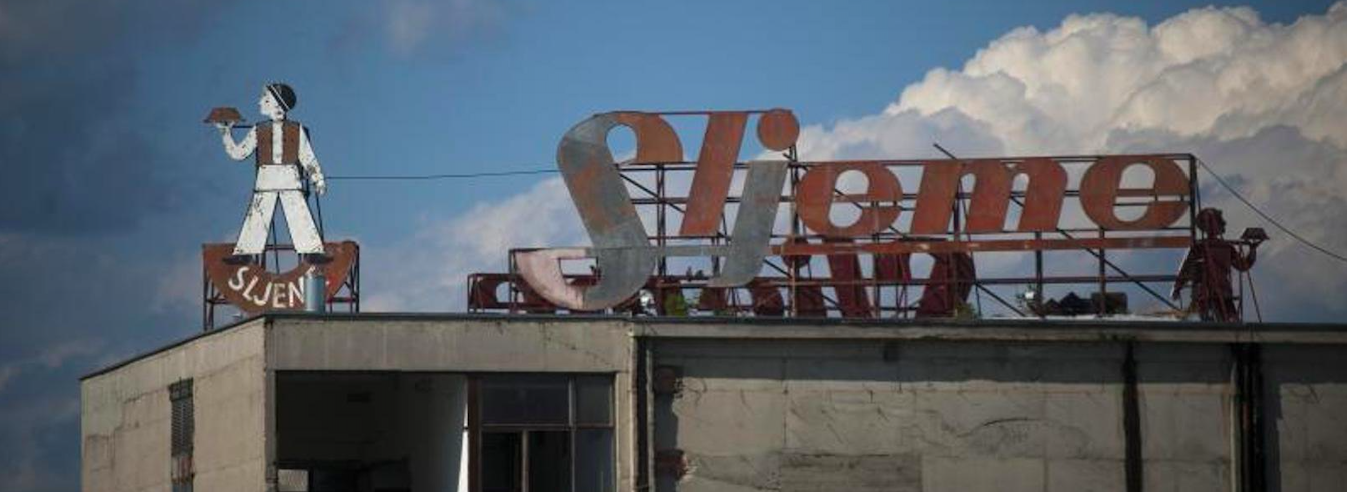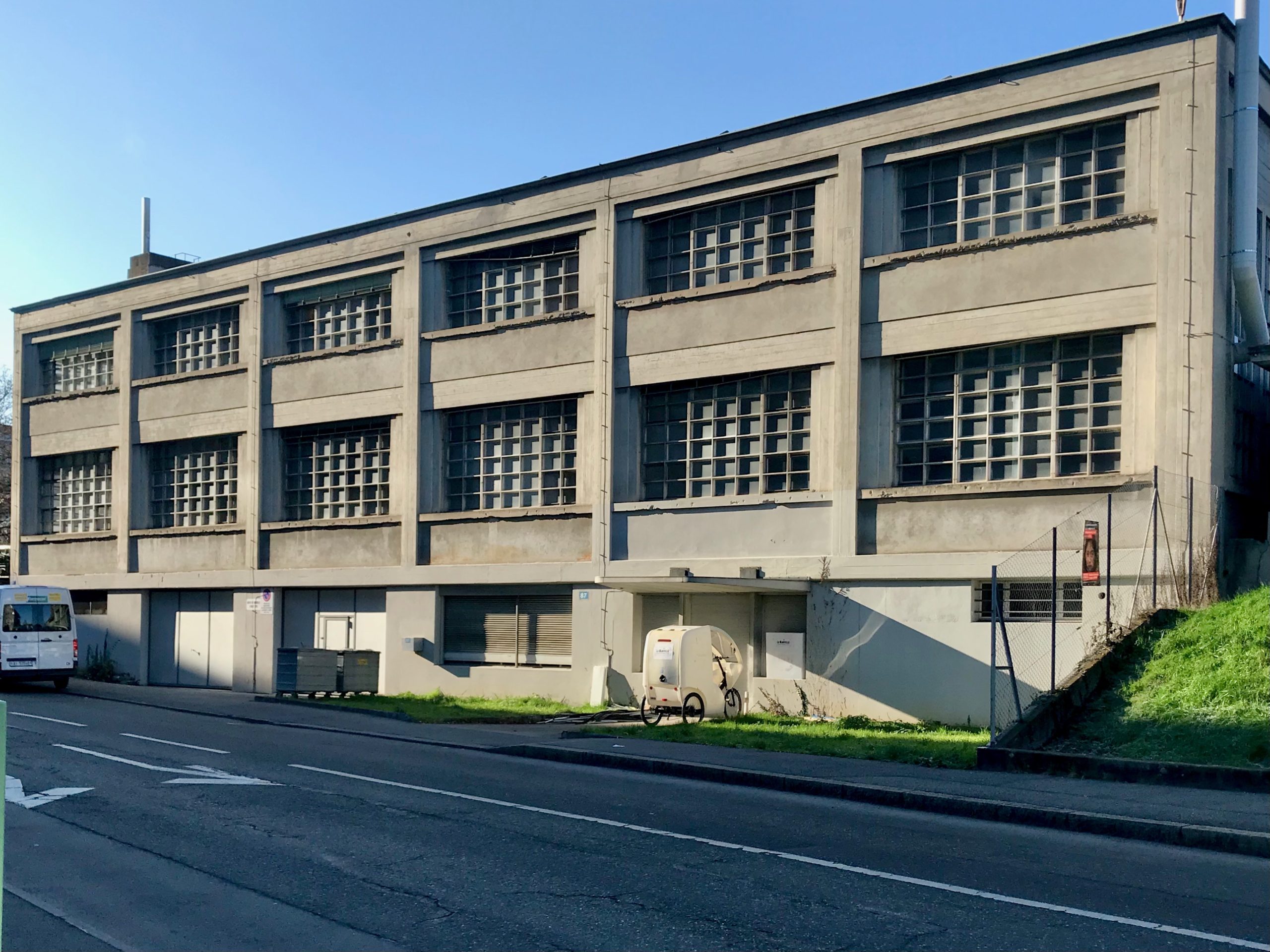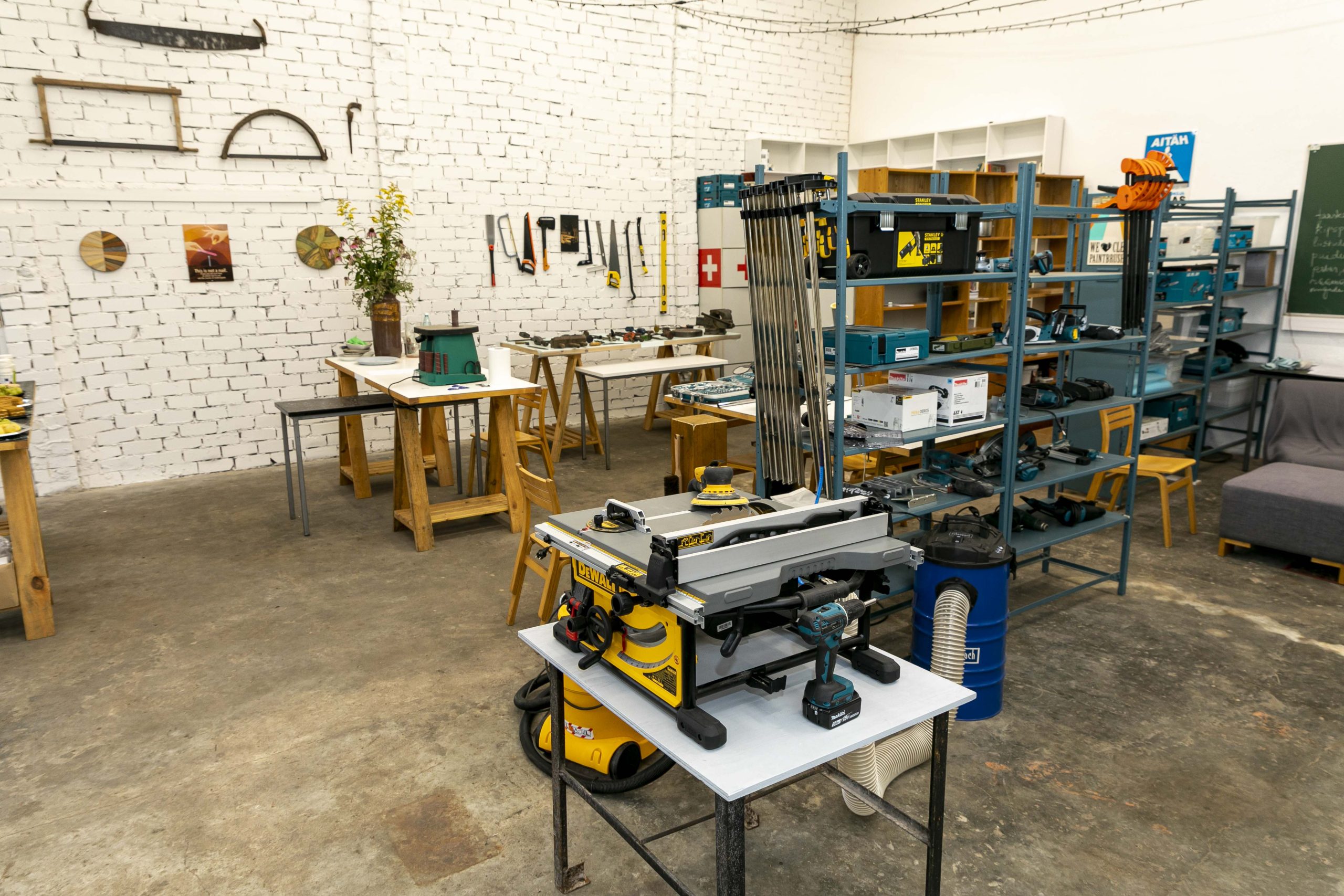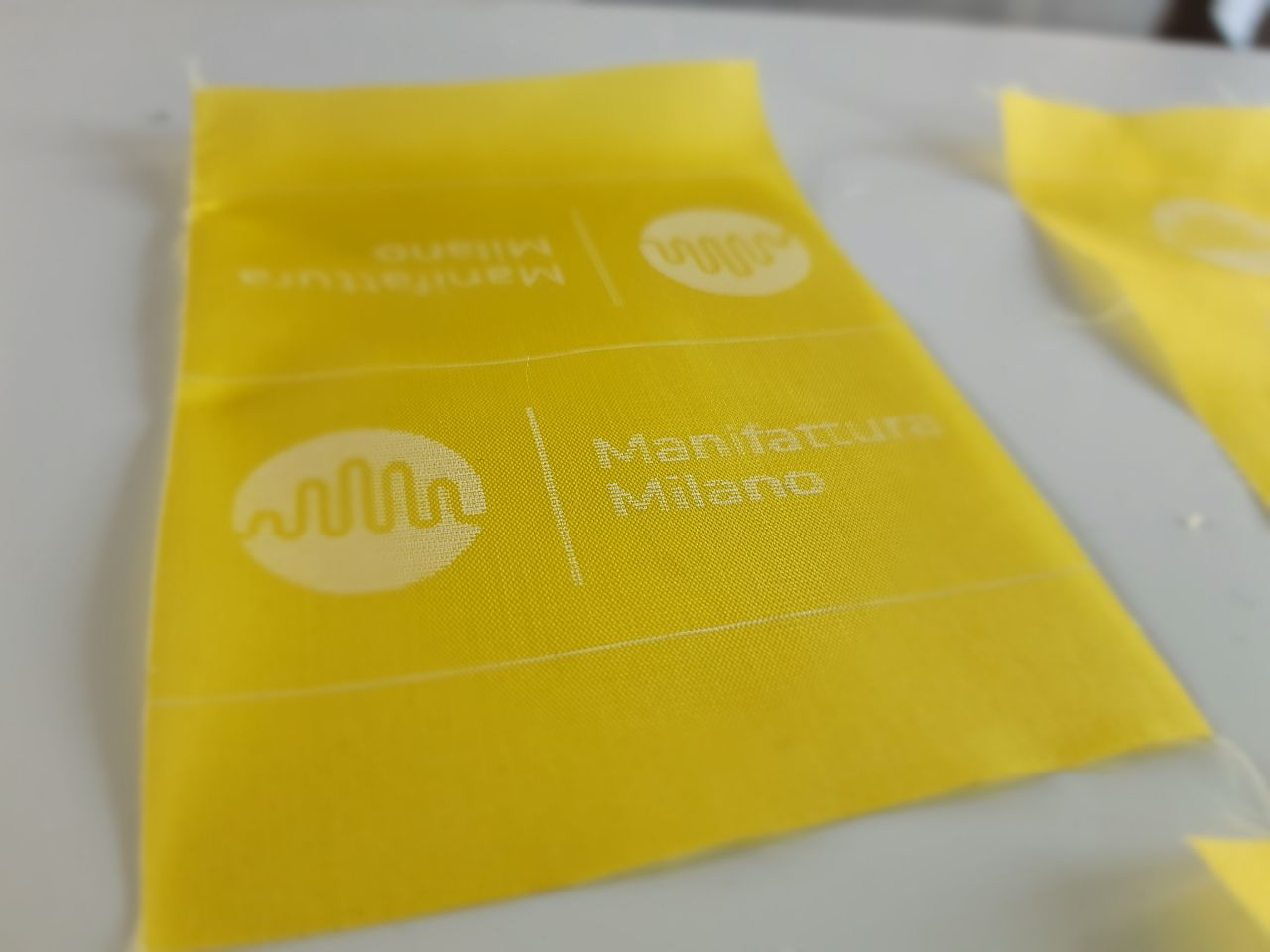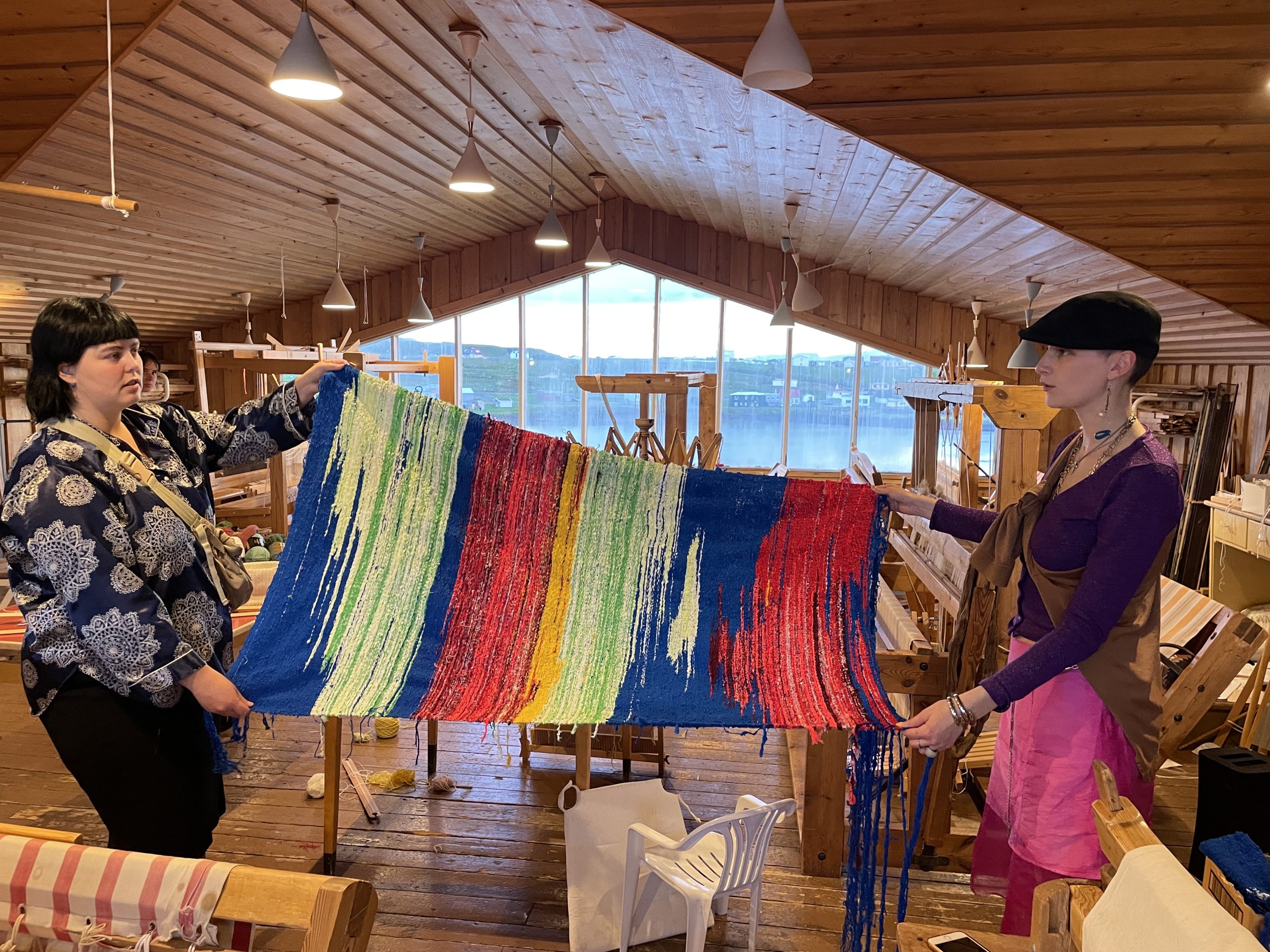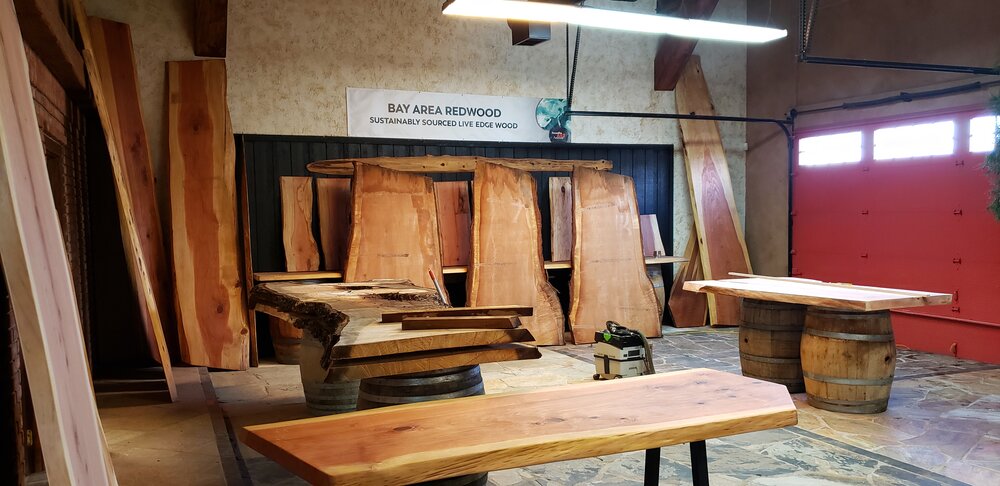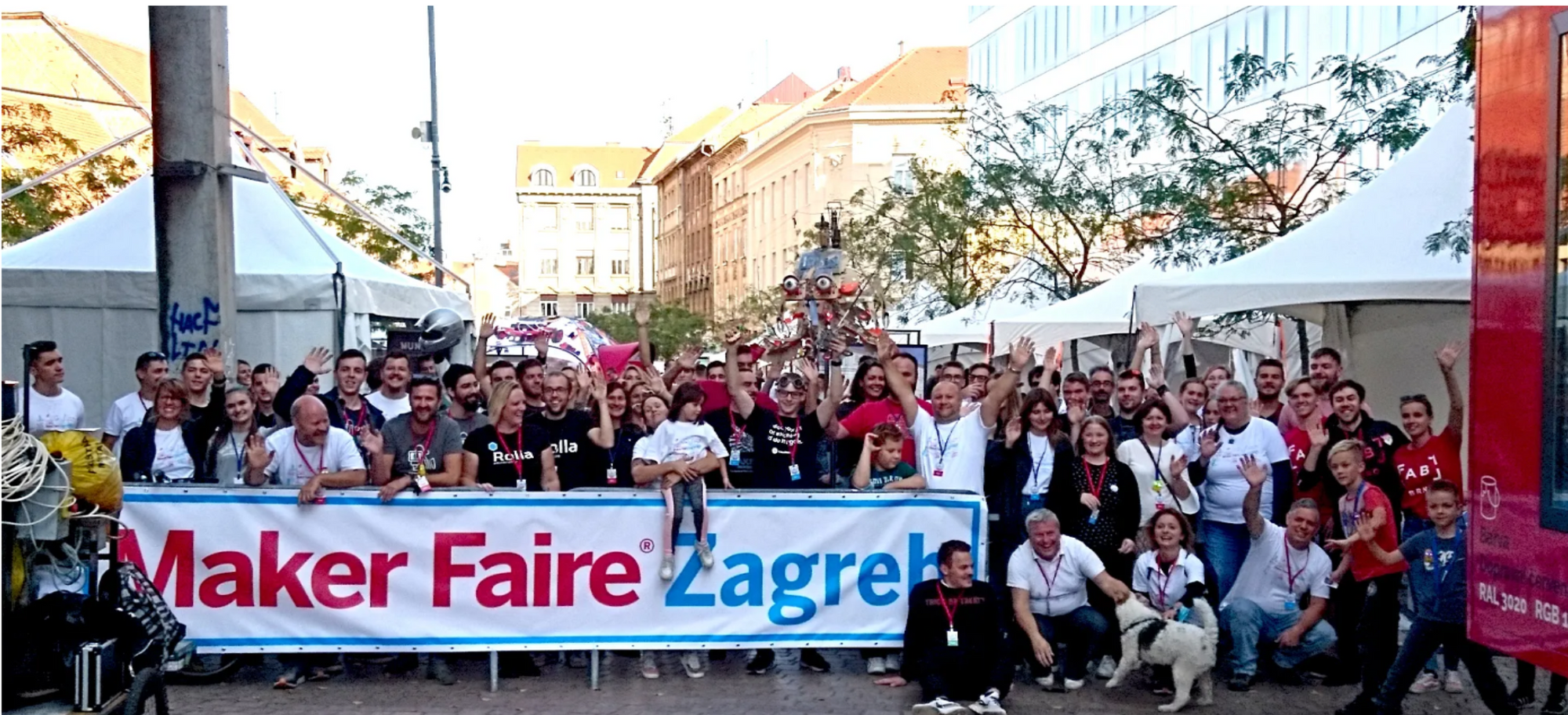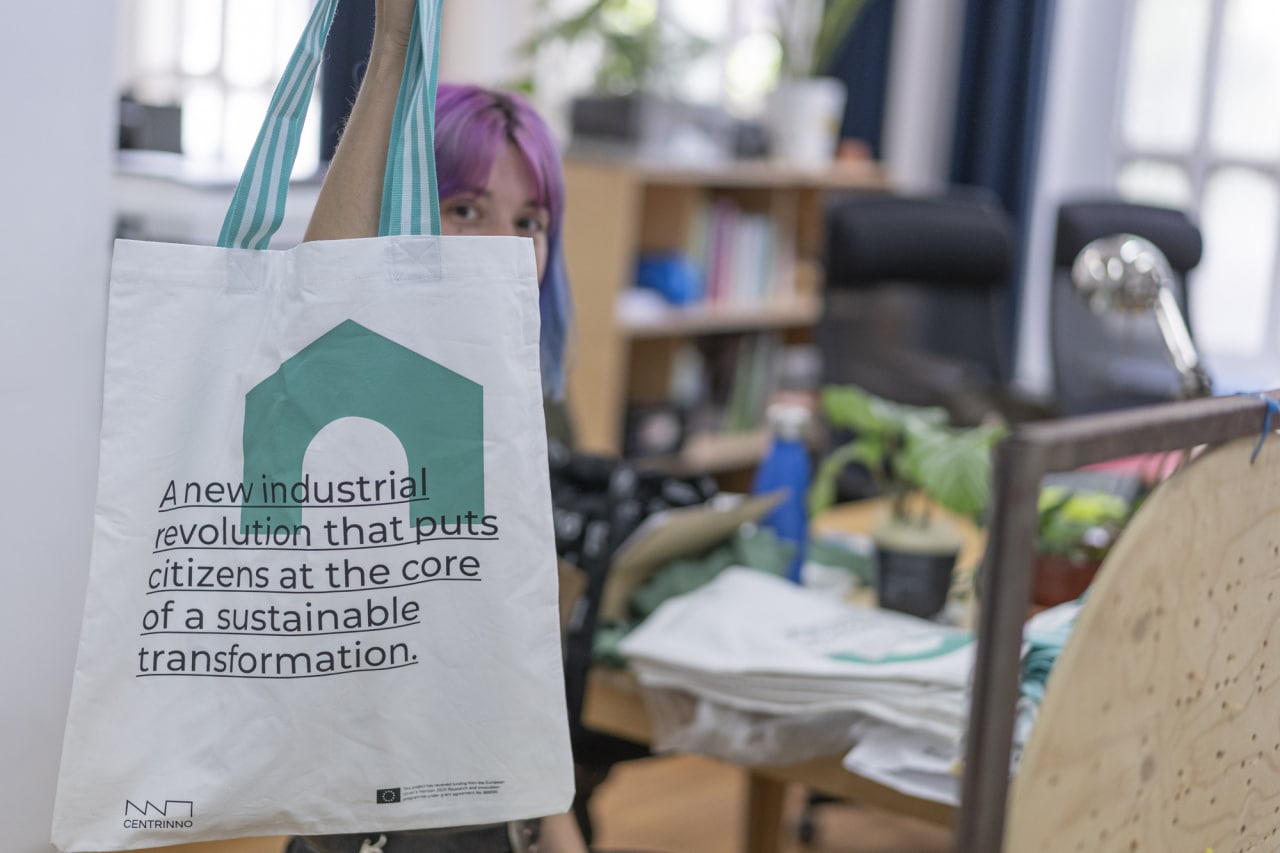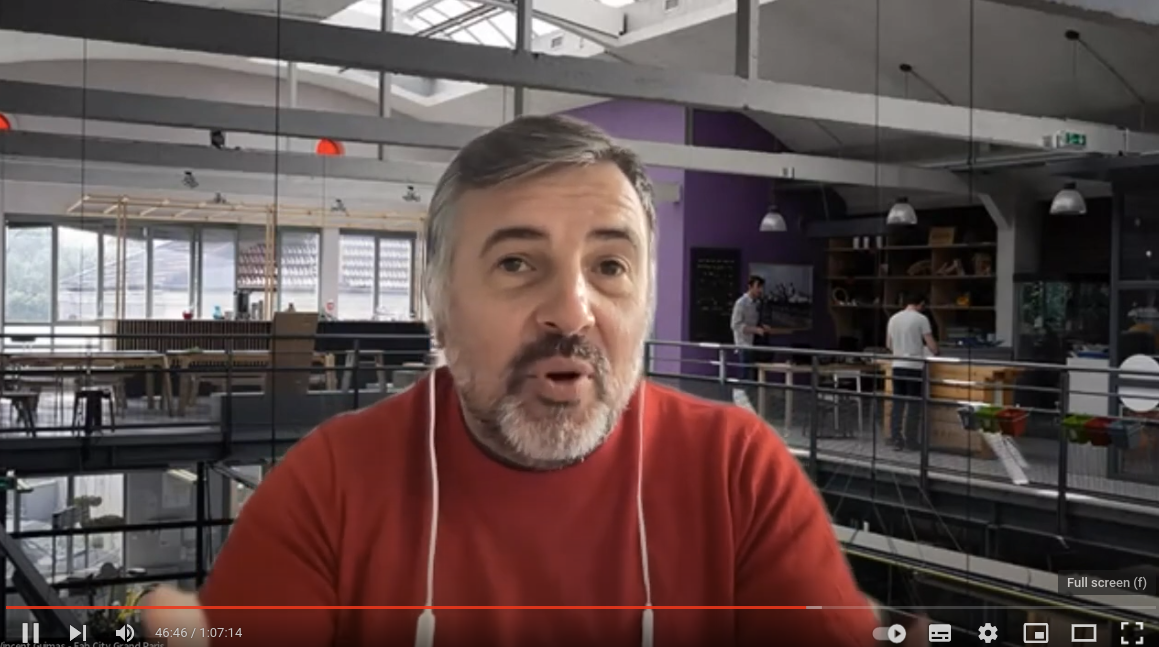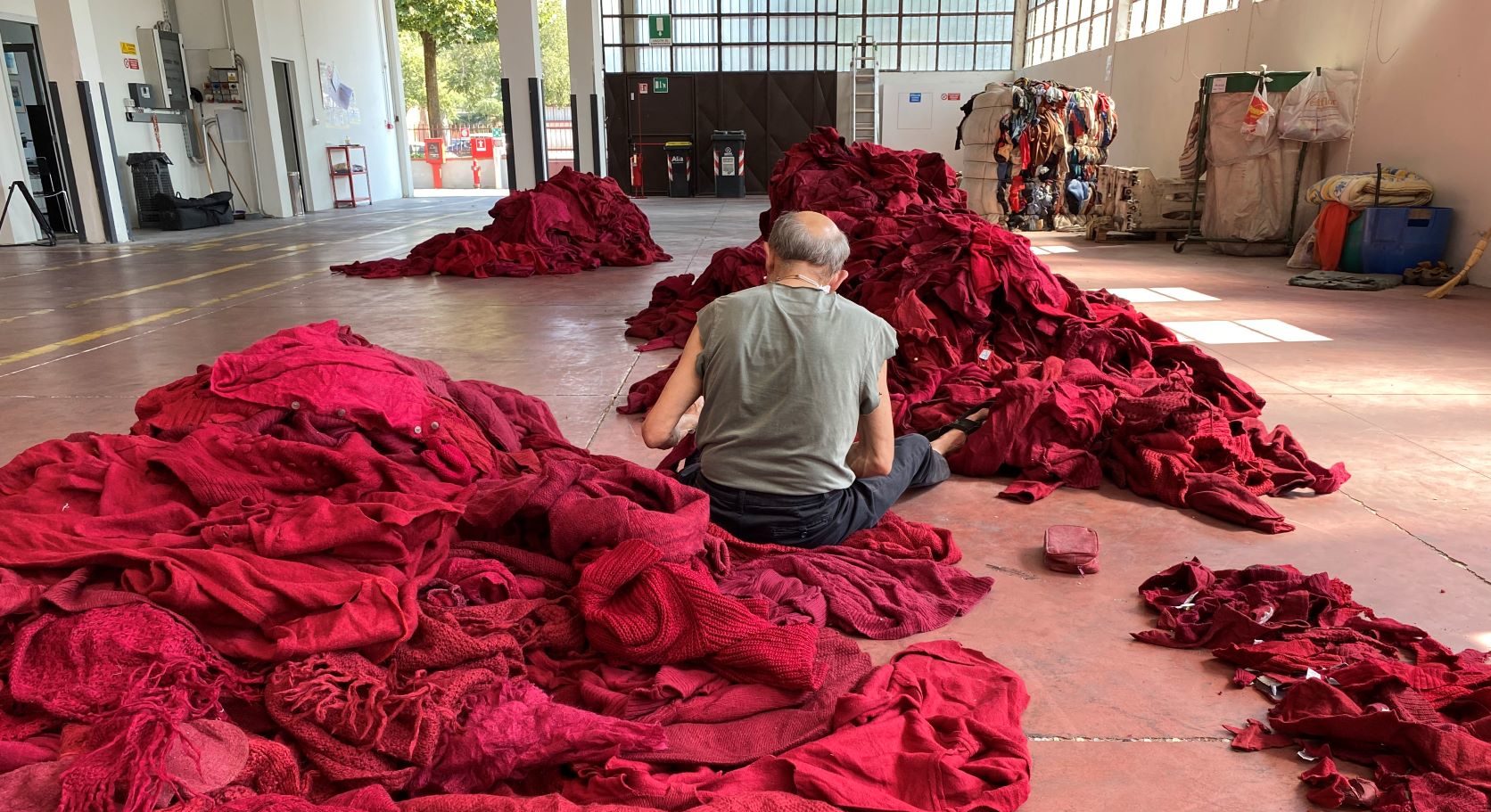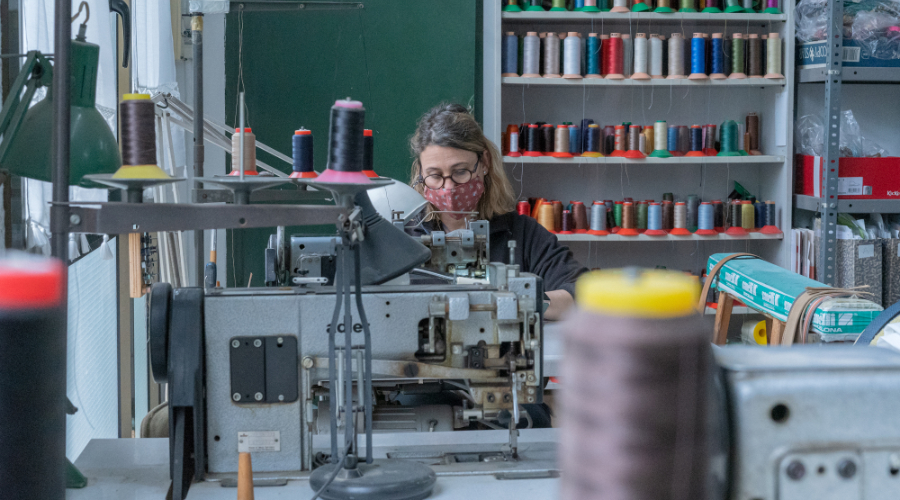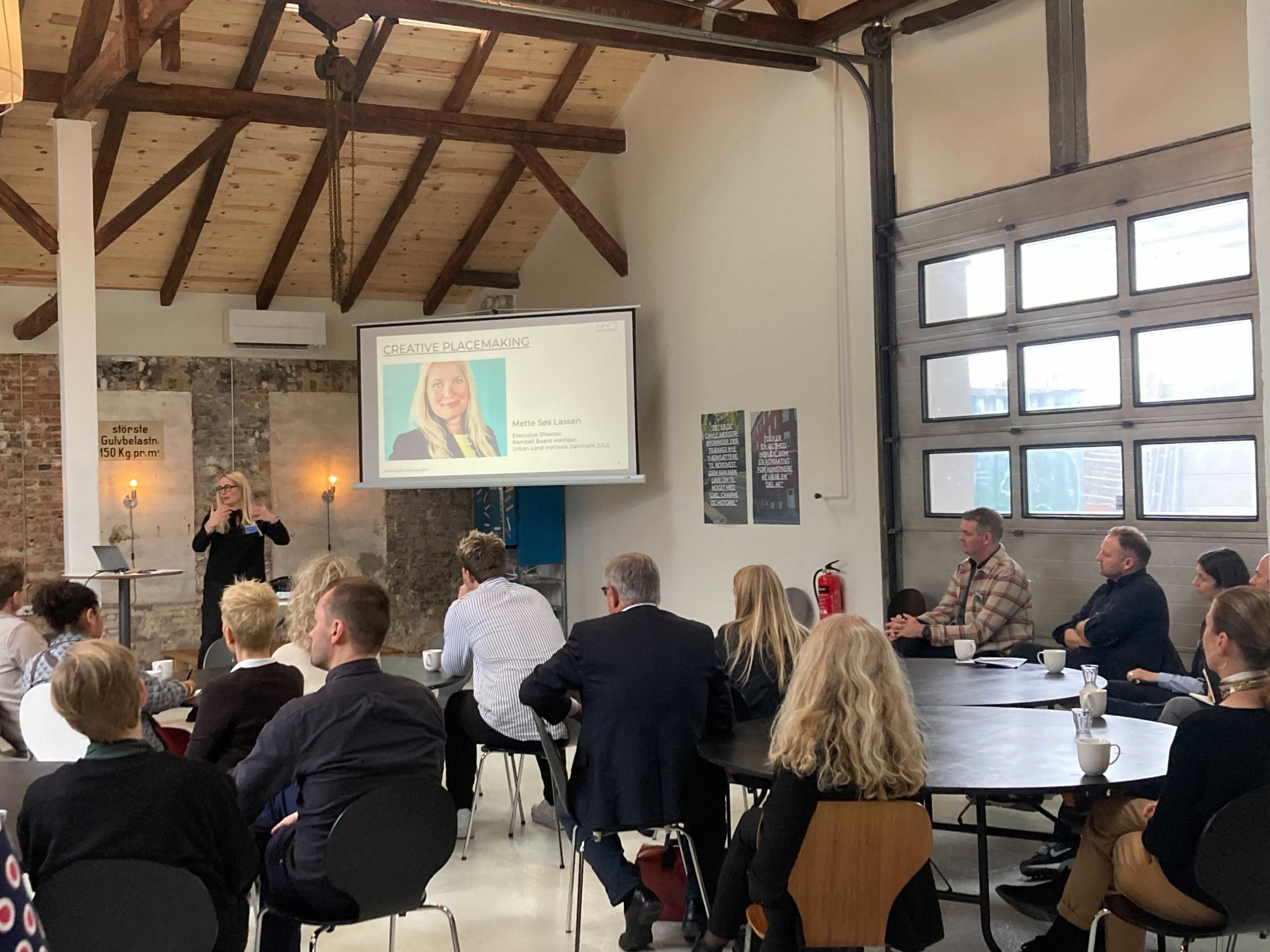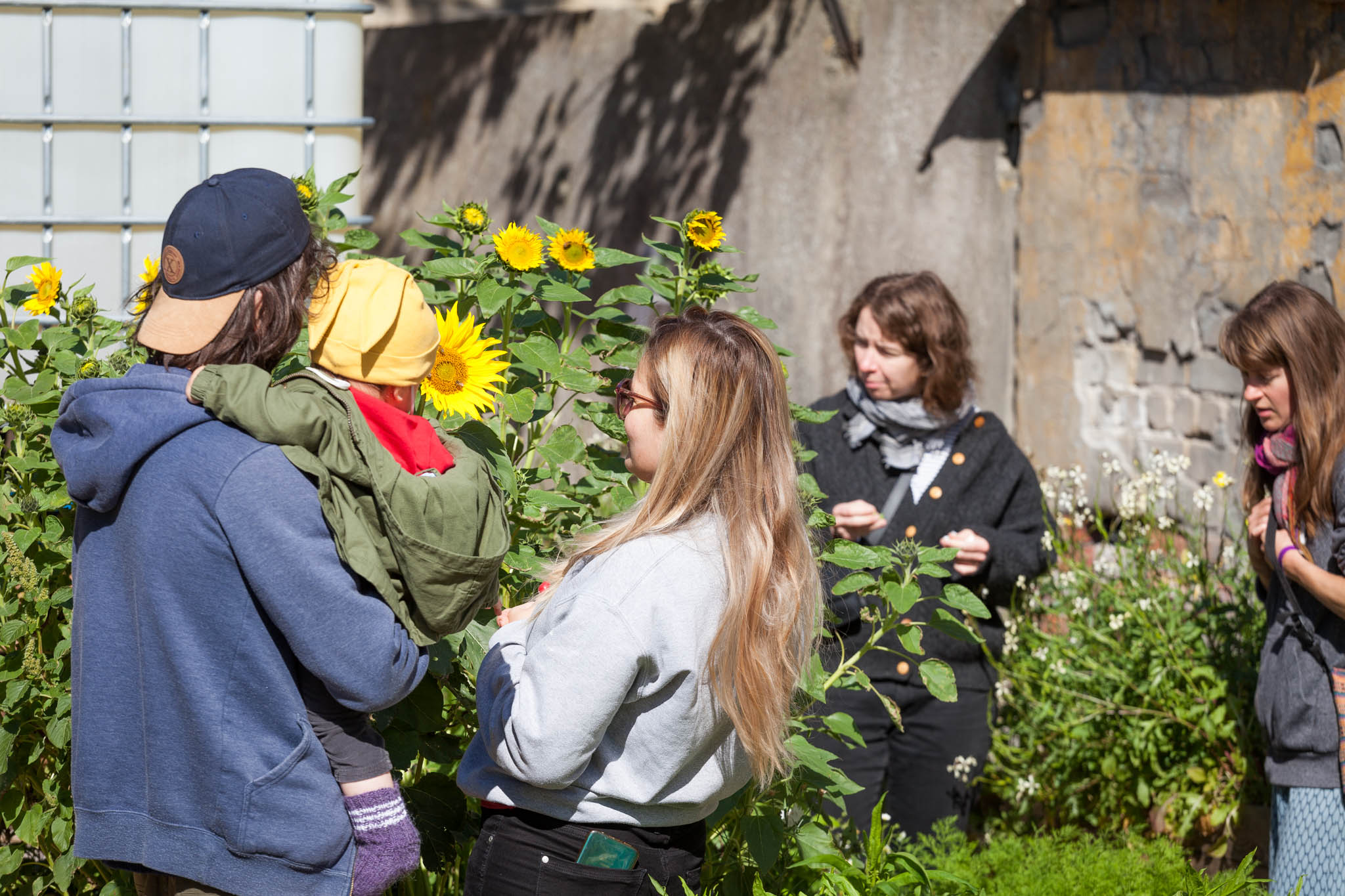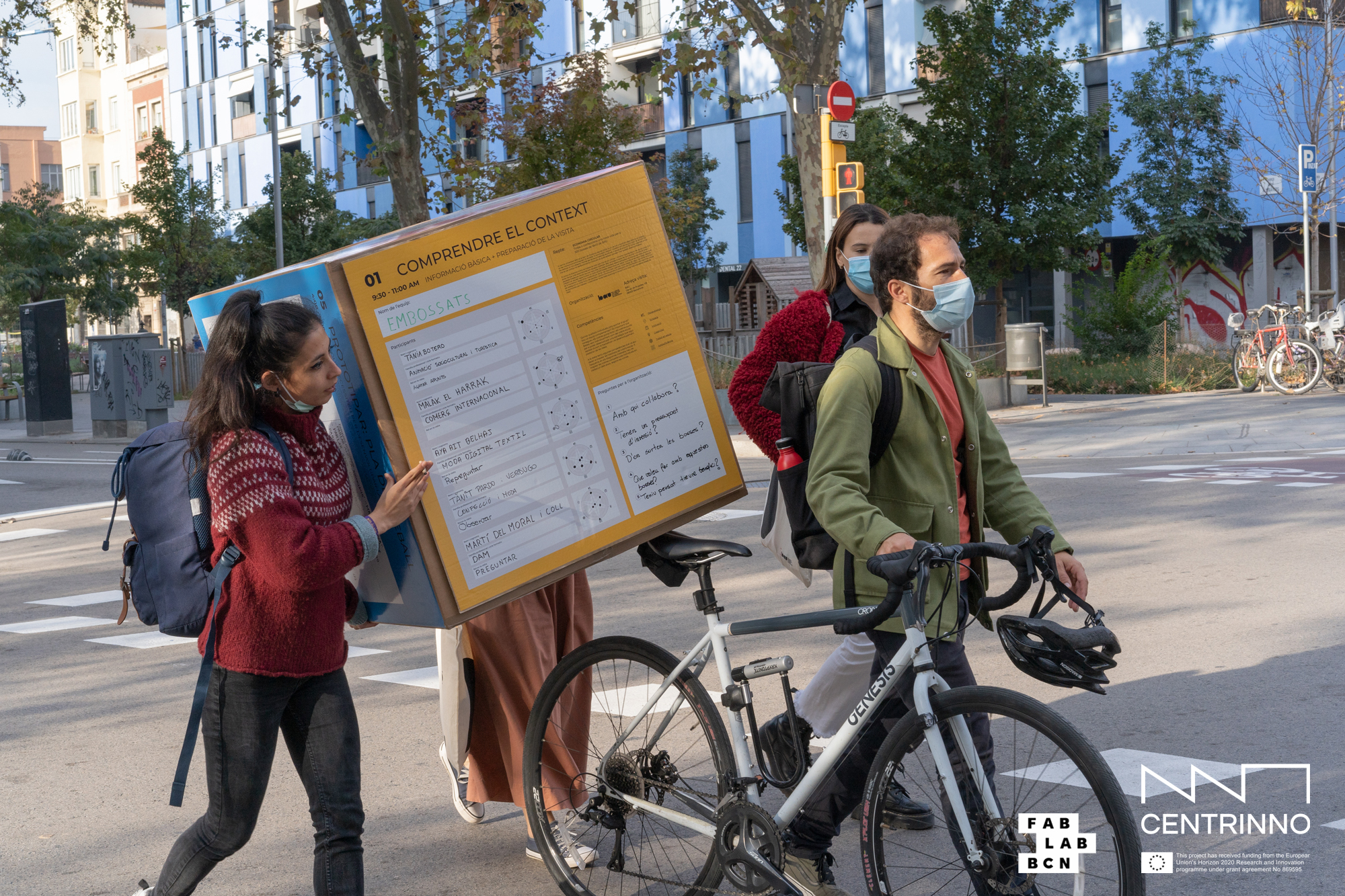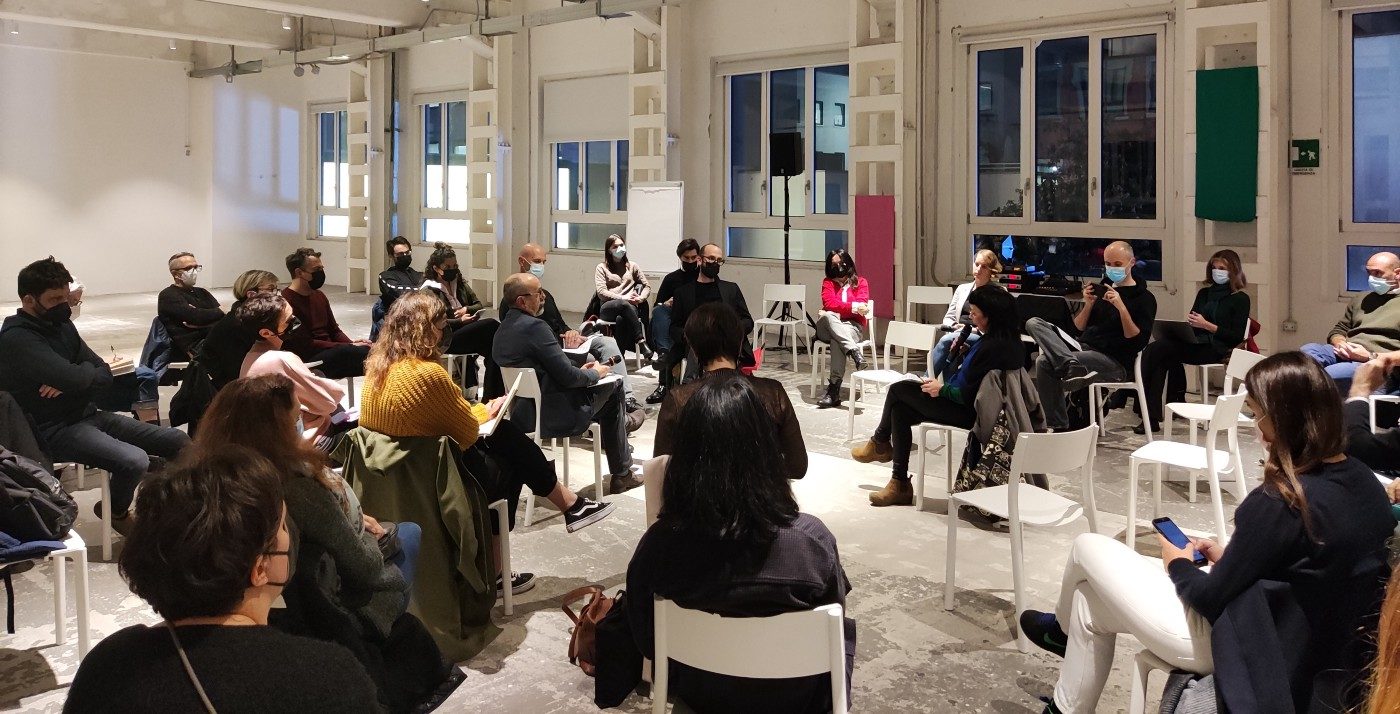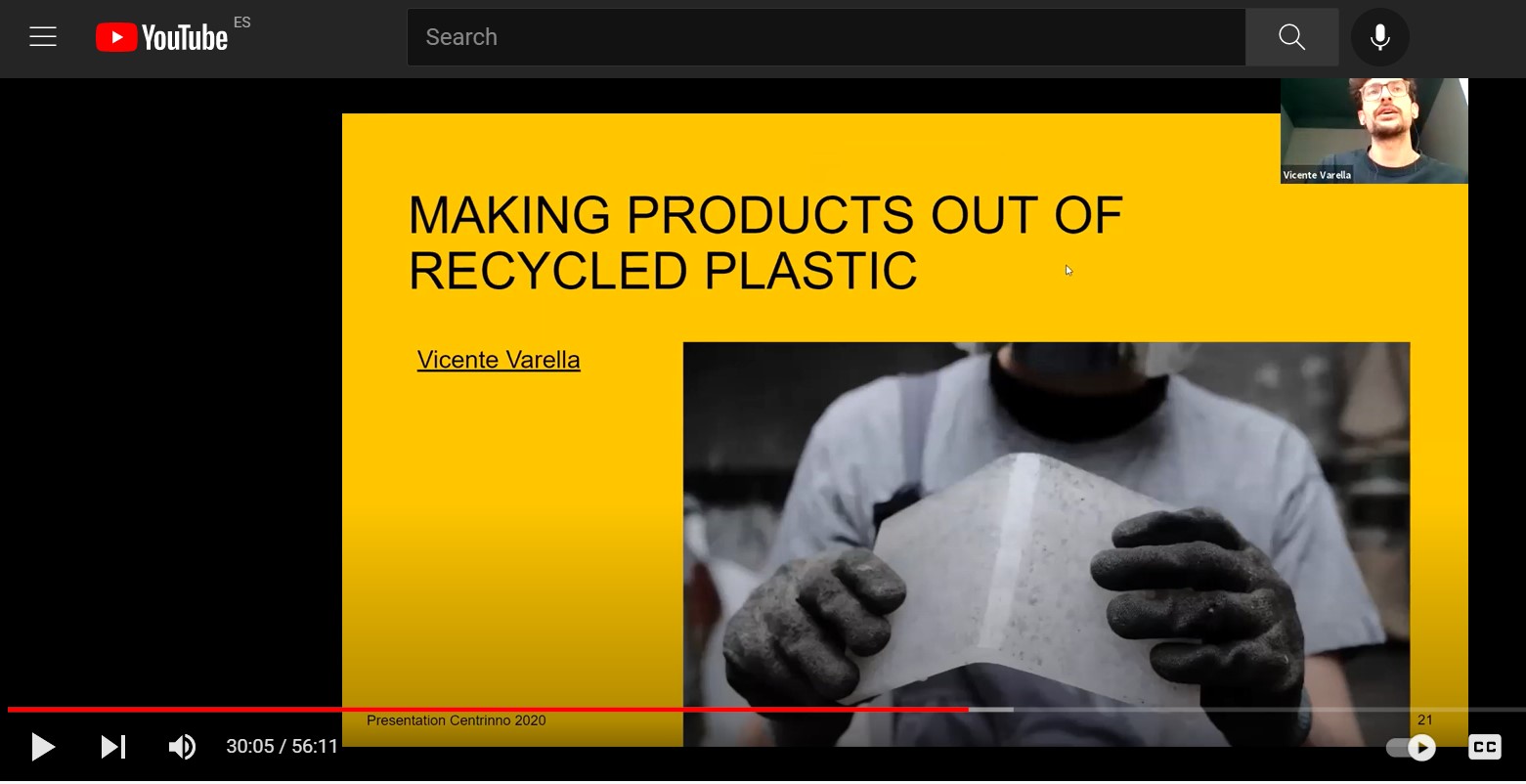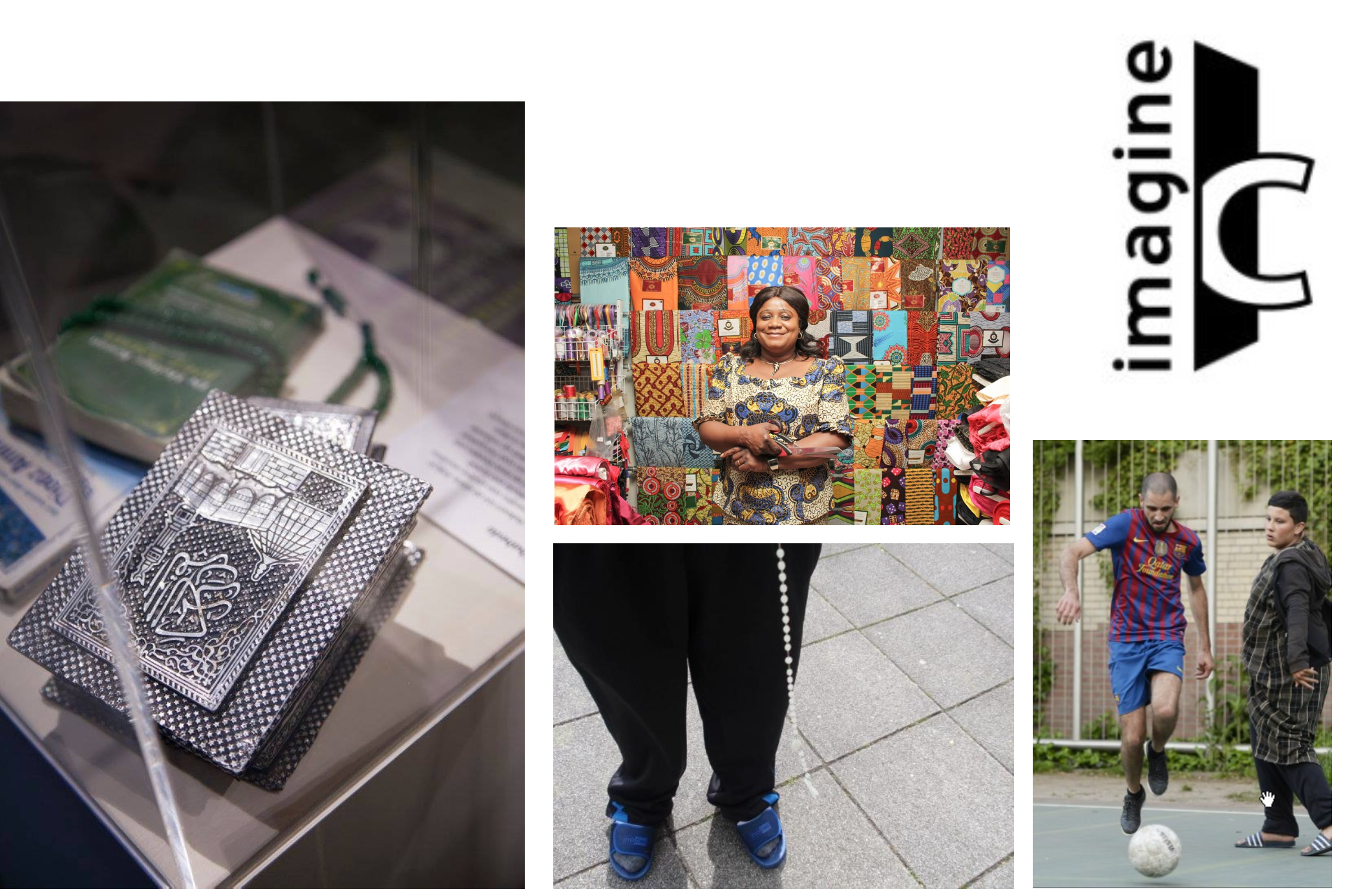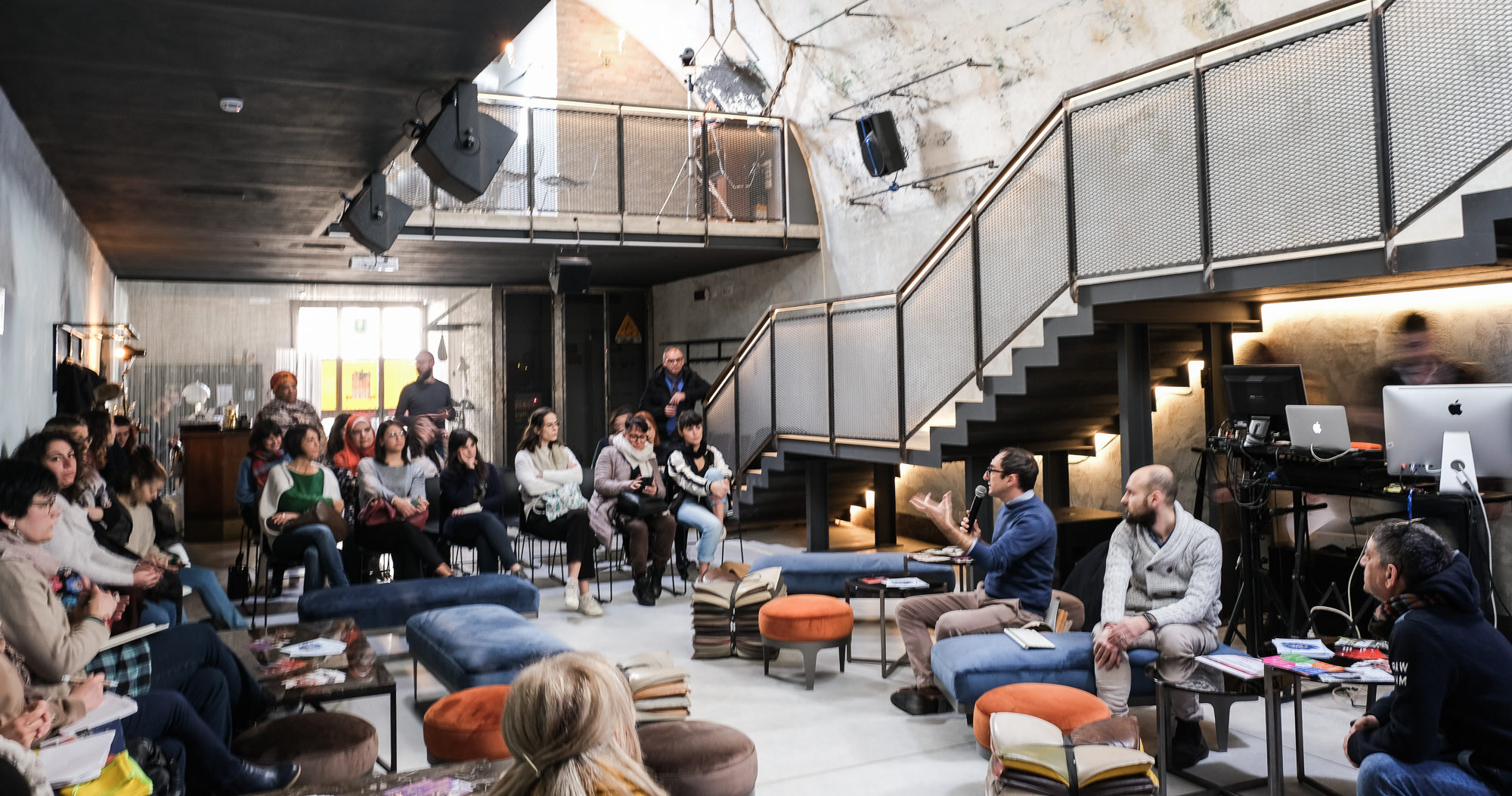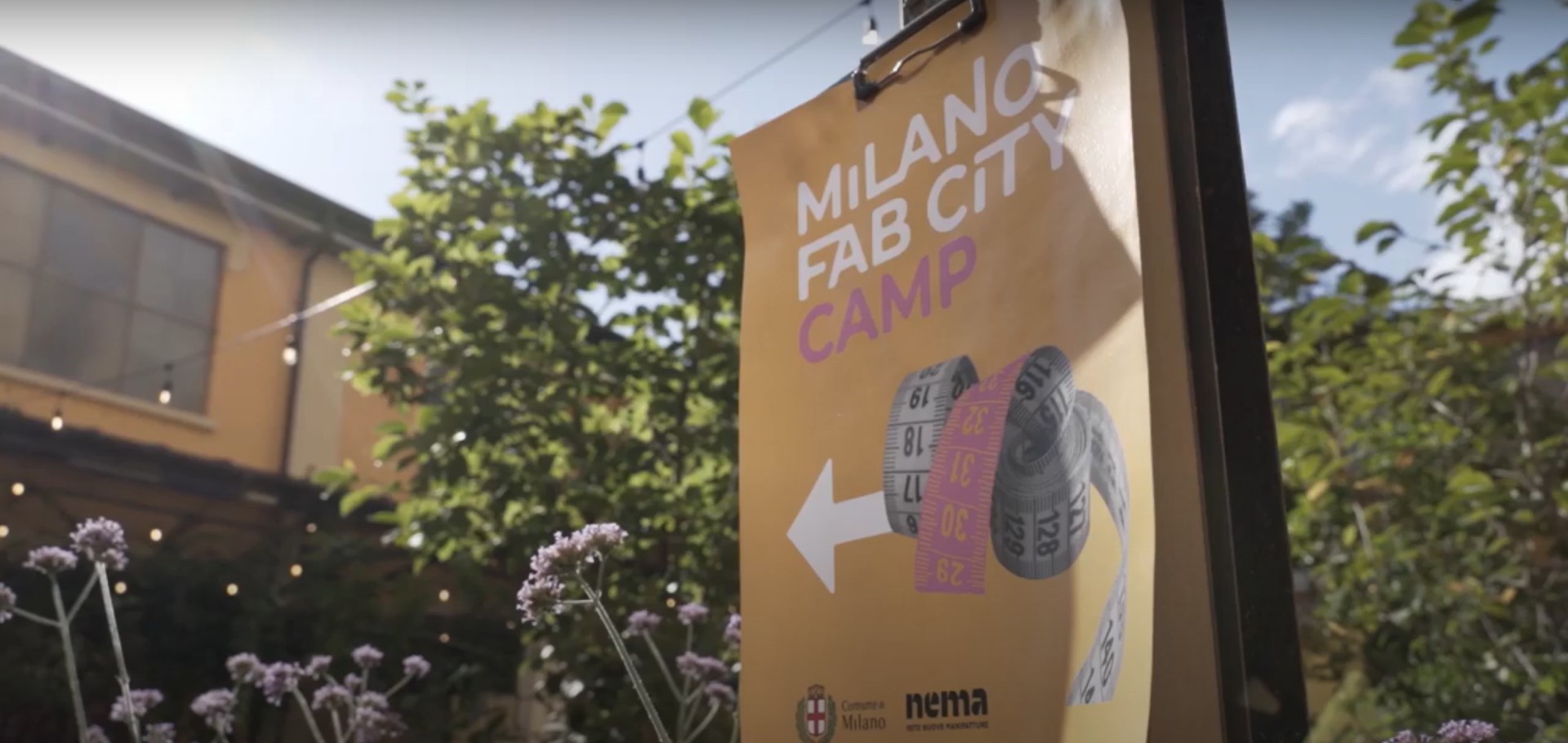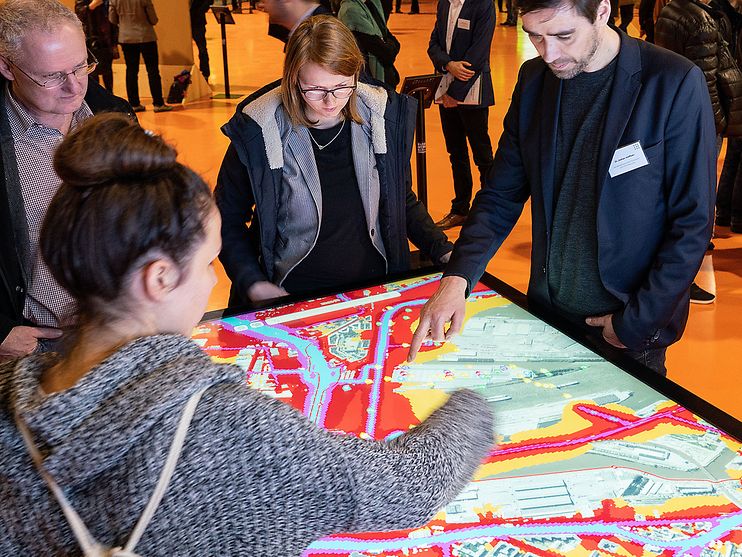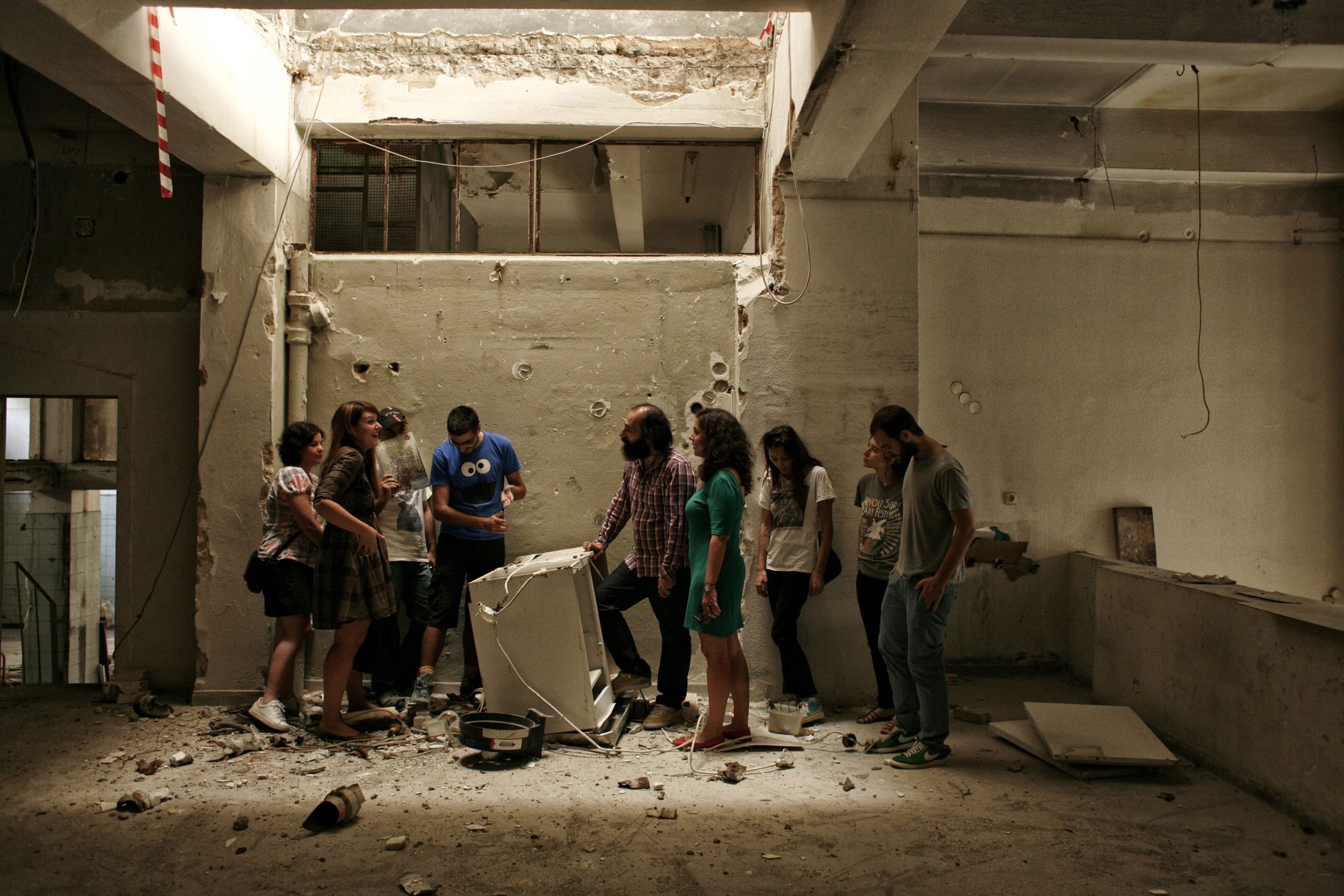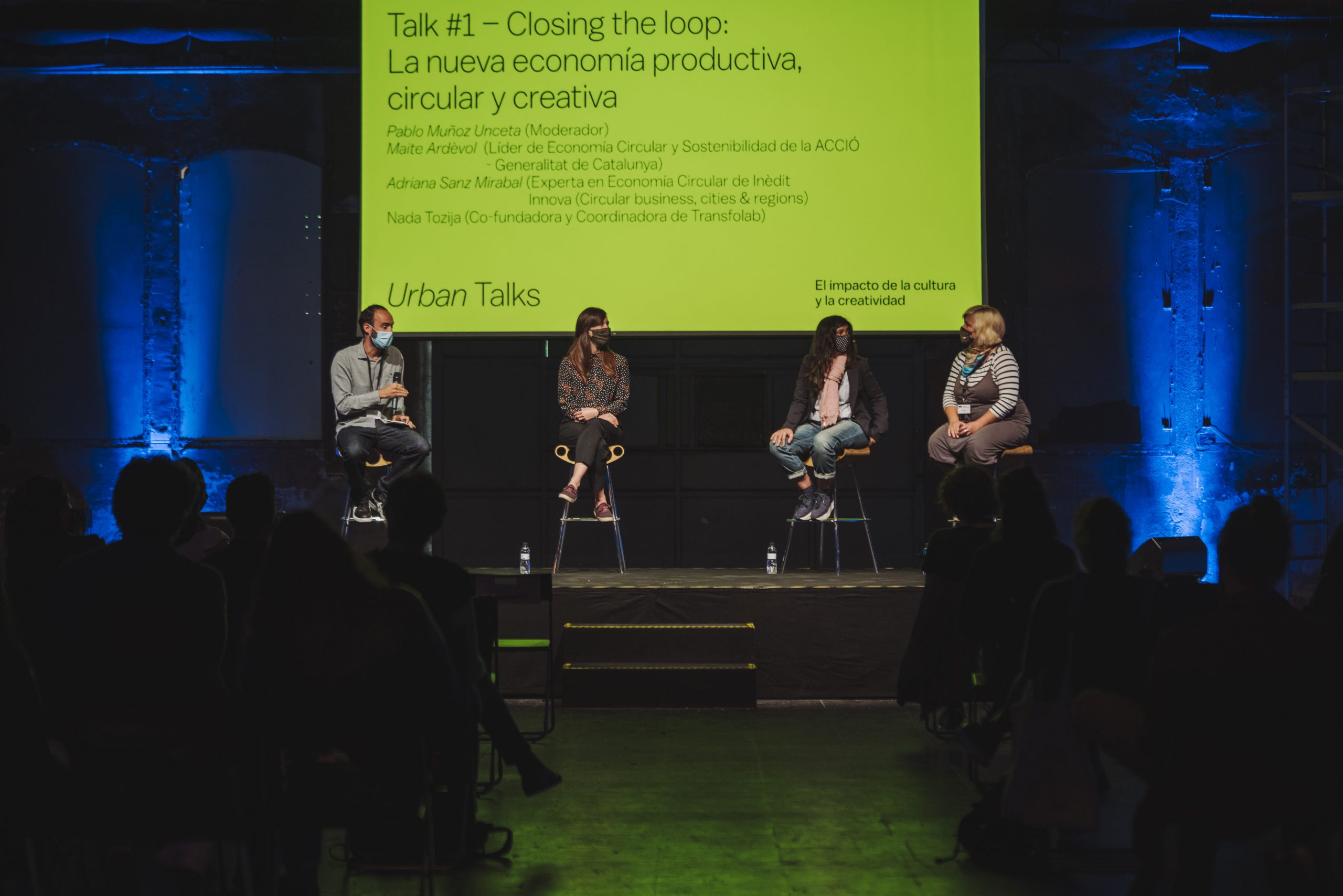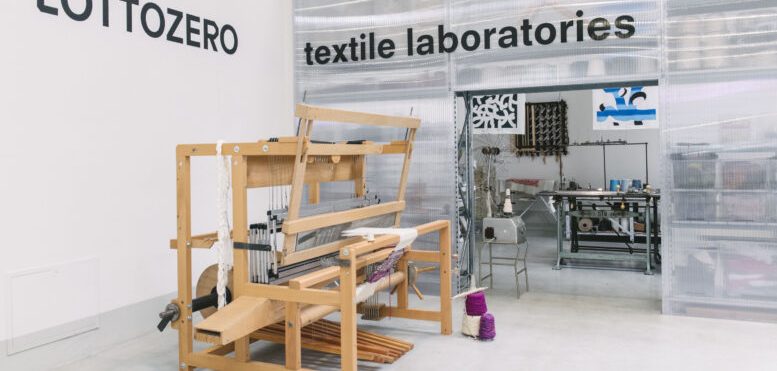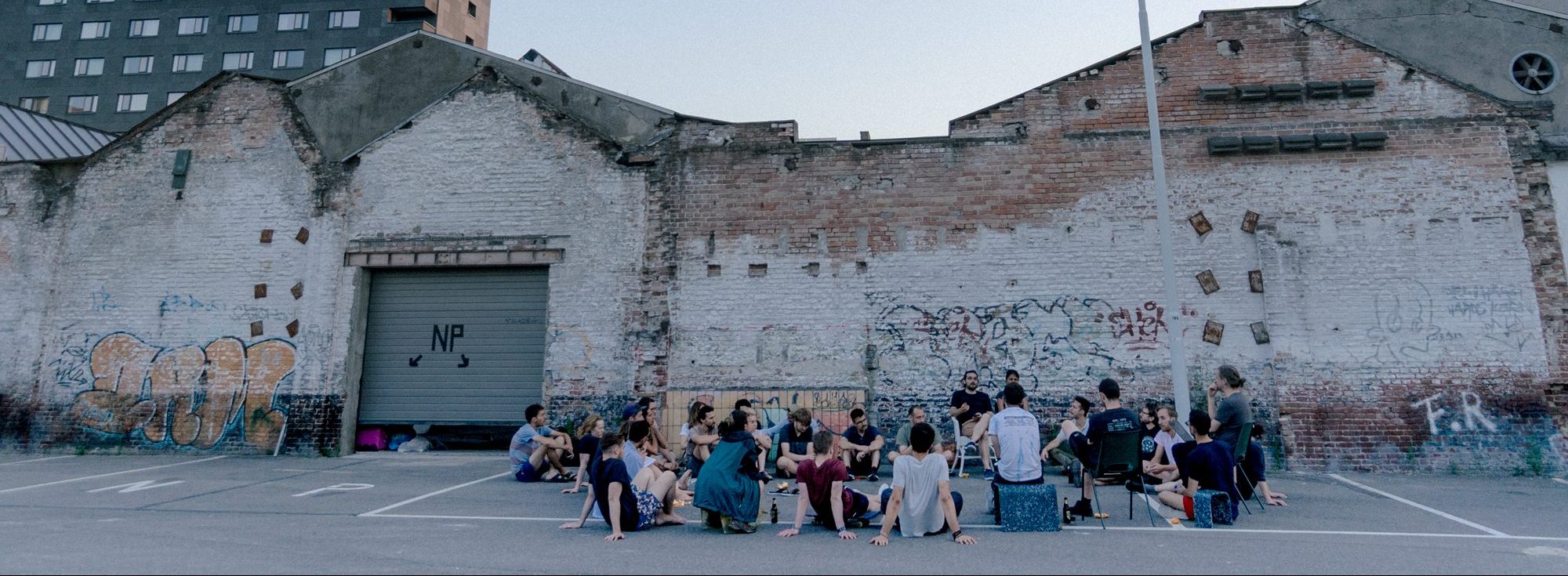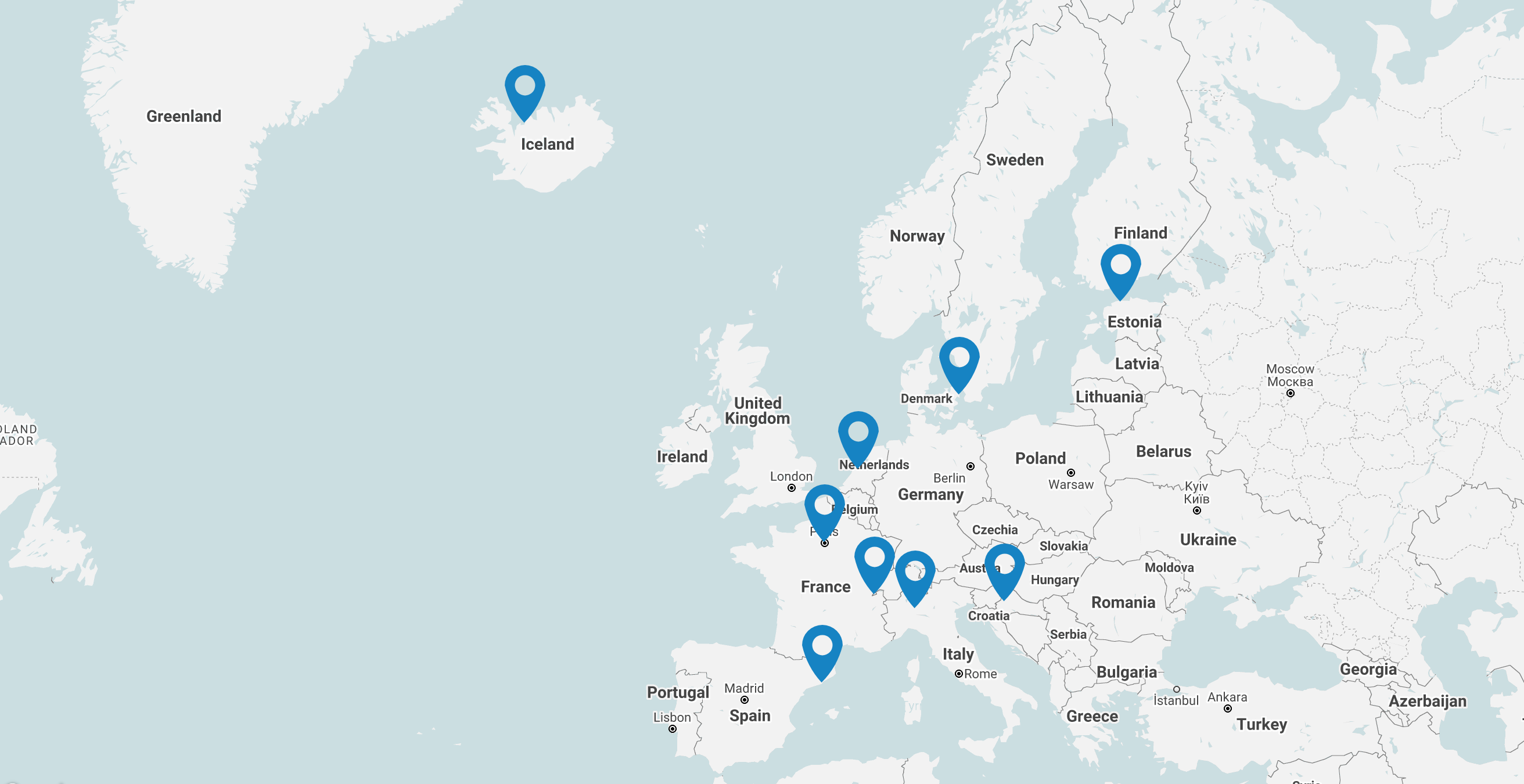BLOG
CENTRINNO Focus Group: Workshop #2 Social Inclusion
Discover the main takeaways and watch the recording from the second workshop of the Focus Group series!
More information on the Focus Group series can be found also on deliverable 6.5 in the resource page.
The CENTRINNO approach to Social Inclusion has been presented and discussed in its transversal nature throughout the project activities, and with insights from the local pilot experiences of Barcelona and Paris. In particular, the workshop has focused on the conceptualisation and practice of social inclusion, by analysing its local and global dimensions and some of the most relevant methods applied: Peer Learning, Co-Creation Methods, and Shared Governance Models.
- Peer-Learning is a key enabler for social inclusion both within the local reality, as well as between different realities in a global network.
- Collaboration and knowledge sharing among peers can lead to a deeper understanding of diverse perspectives and experiences, and they can help to break down barriers and promote a common sense of ownership and understanding between different groups.
- Despite the widely recognised added value, sometimes peer-learning struggles to be implemented, especially when a distributed project setting introduces communication barriers.
- Co-Creation methods fuel social inclusion processes, as working together in a spirit of collaboration and mutual support can build stronger bonds and create more participated environments. Thus, besides being an effective approach to address challenges at the local level, Co-Creation also leads to more cohesive and resilient communities.
- Co-Creation is essential for including vulnerable groups as it allows to bridge the gap between people coming from different backgrounds and is essential to overcome the assistant – assisted relations.
- In order to be really socially inclusive, Co-Creation requires significant time to spend with and talk to all people involved in the decision-making process, thereby overcoming issues of trust and incommunicability, and managing diverse expectations.
- Shared Governance Models are an essential component of the institutional framework when pursuing Social Inclusion. In particular polycentric & collaborative frameworks enable multi-stakeholder collaboration between private institution and local authorities to address practicalities, implementation challenges and opportunities.
- Shared Governance also requires inclusive decision-making processes. For instance, through open meetings to underline needs, propose possible solutions and describe activities and interventions, where decisions are based on participant consensus or majority vote.
- Public participation in the shared governance can also be enhanced by lowering the barrier for accessibility and inviting the external community to design spaces for interaction, where the key local actors can find their empowerment.
- Conflict mediation is as essential part of shared governance systems. Conflicts can be tackled by appointing a coordinator for conflict mediation and establishing protocols to analyse cases and propose solutions that are discussed also in open meetings.
- Shared governance benefits from glocal interactions. These can be established by enabling multidirectional processes for cities and international actors to interact and influence each other, through local residency programmes, mutual trainings and by connecting local ecosystems.
Social Inclusion should be among the paramount goals of any urban regeneration process aiming for a long-term sustainability, continuous development and self-alimentation. Social Inclusion processes benefit from the institution of dedicated municipal spaces that are accessible, practical for the activities and welcoming for the local community. Moreover, it shall be better recognised that Social Inclusion cannot be fuelled only by voluntary efforts and enthusiasm. The dedication of adequate spaces, and the allocation of more time and financial resources would give justice to the crucial role of social inclusion for local development.
Download the presentations here:
01 – CENTRINNO Focus Group – Introduction
02 – CENTRINNO_FocusGroup_SocialInclusion_IdaJusic
03 – Co-creation methods in CENTRINNO_Thieu Custers
04 – CENTRINNO_FocusGroup_Governance Models _Marion Real
05 – CENTRINNO Barcelona pilot – Focus Groups Social Inclusion
Do you want to participate in the next workshop? REGISTER HERE
More info about the other workshops:
- Watch workshop #1 on heritage
- Watch workshop #3 on circularity
- Discover the upcoming online workshops

